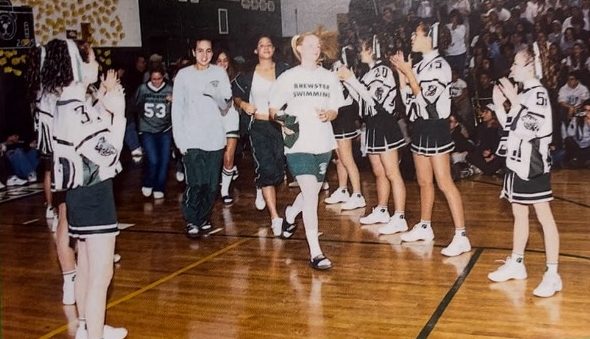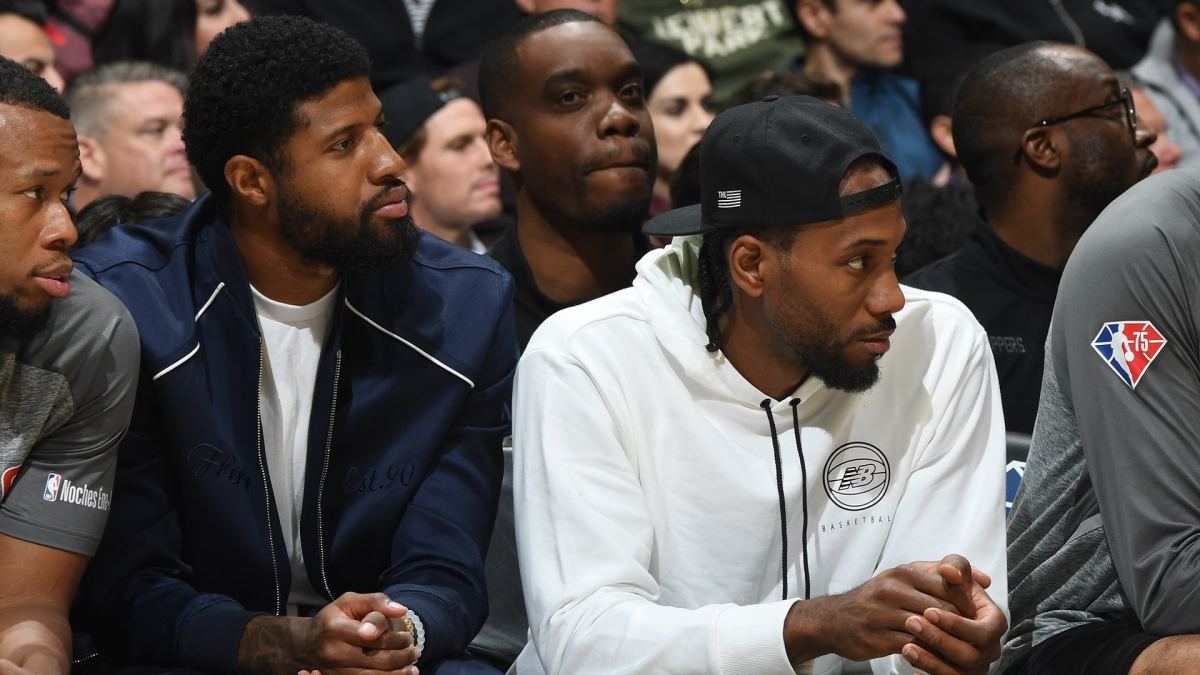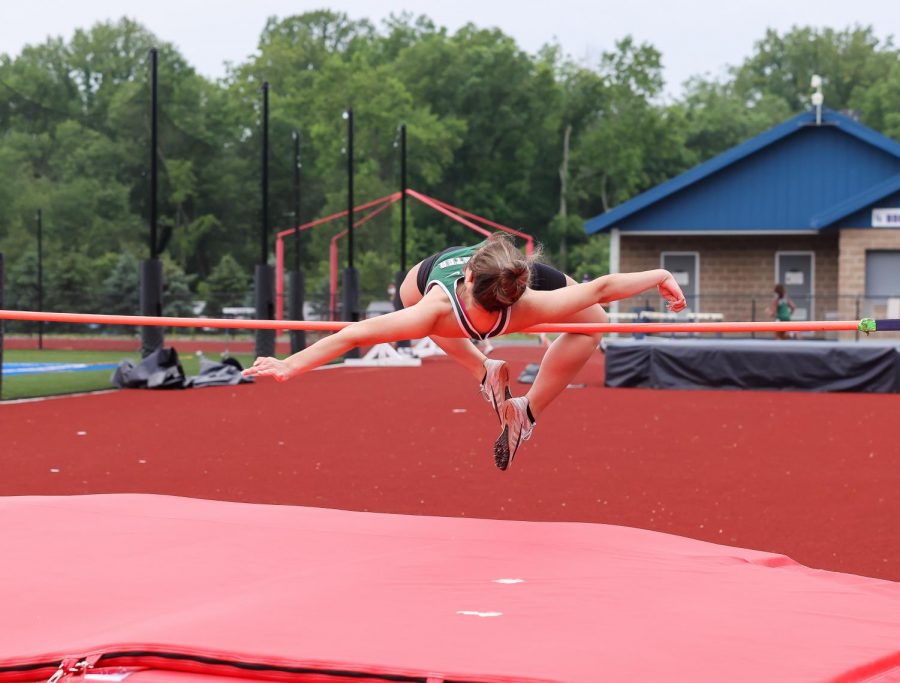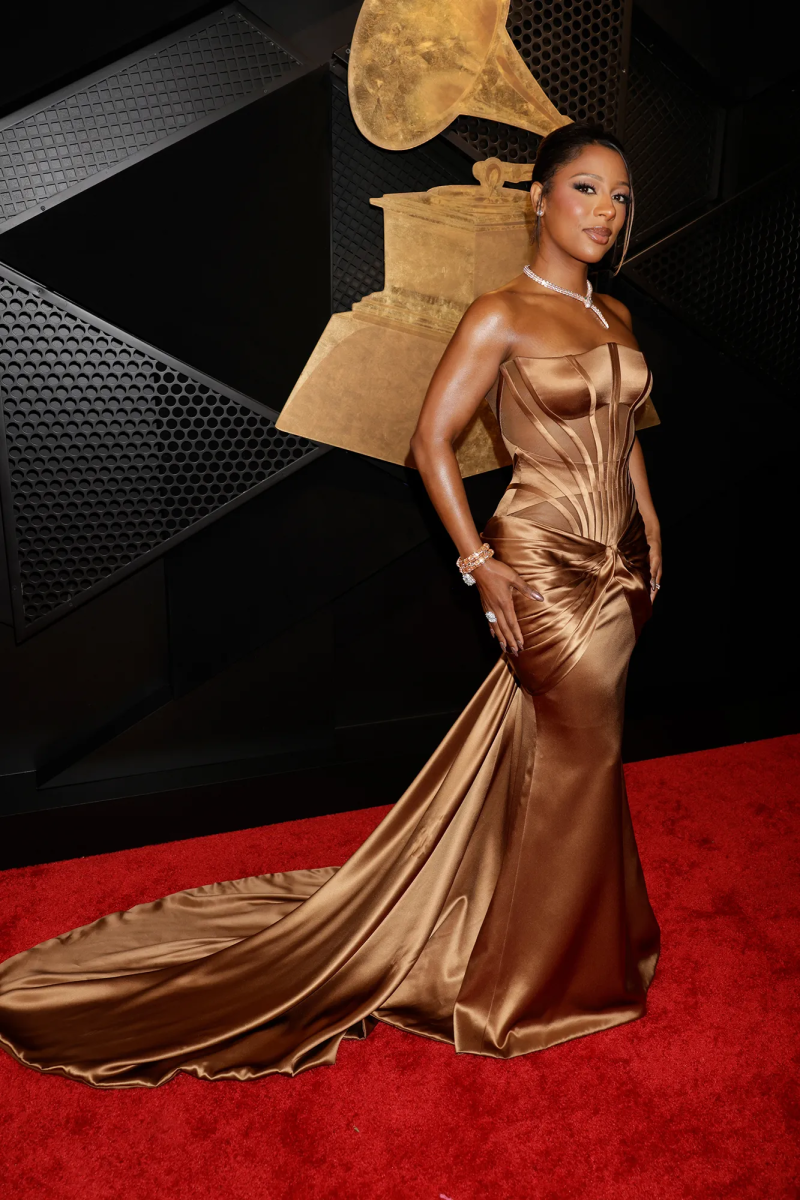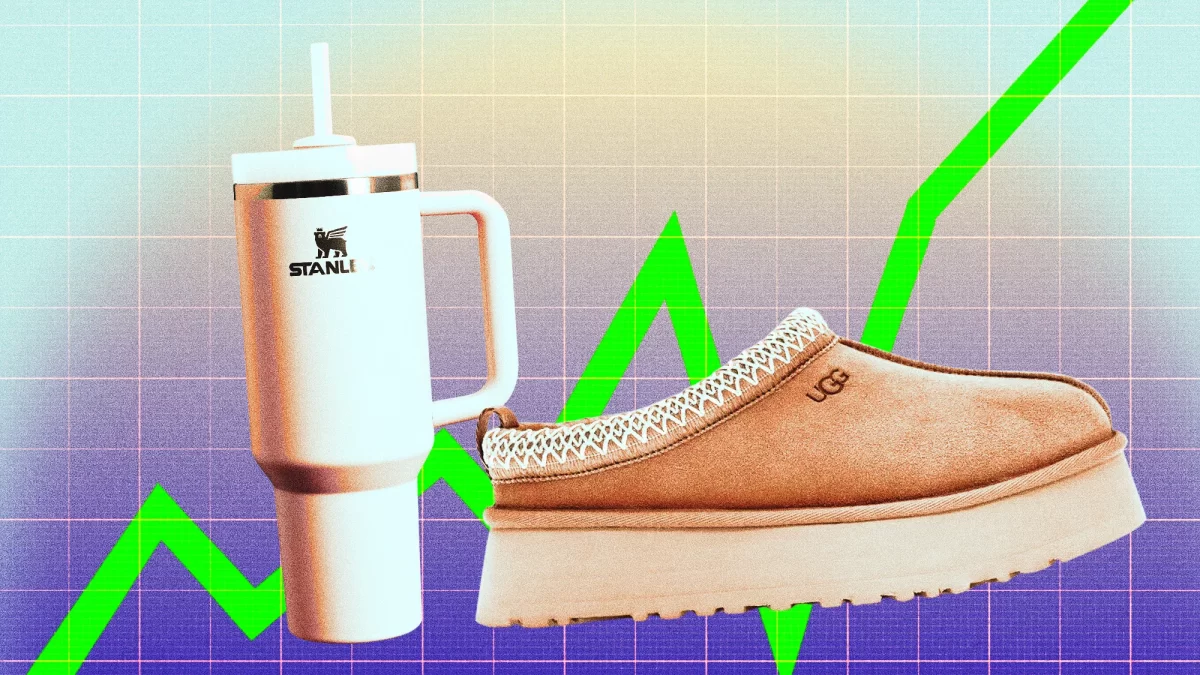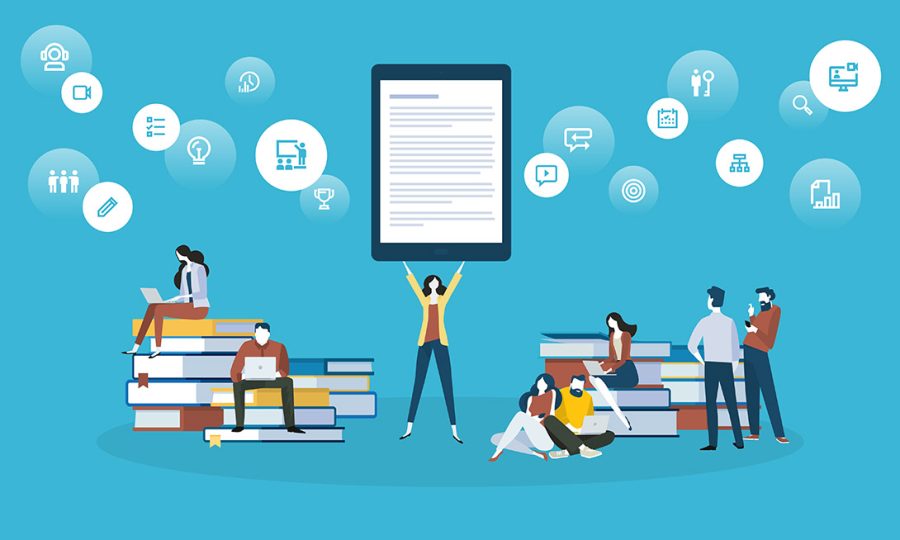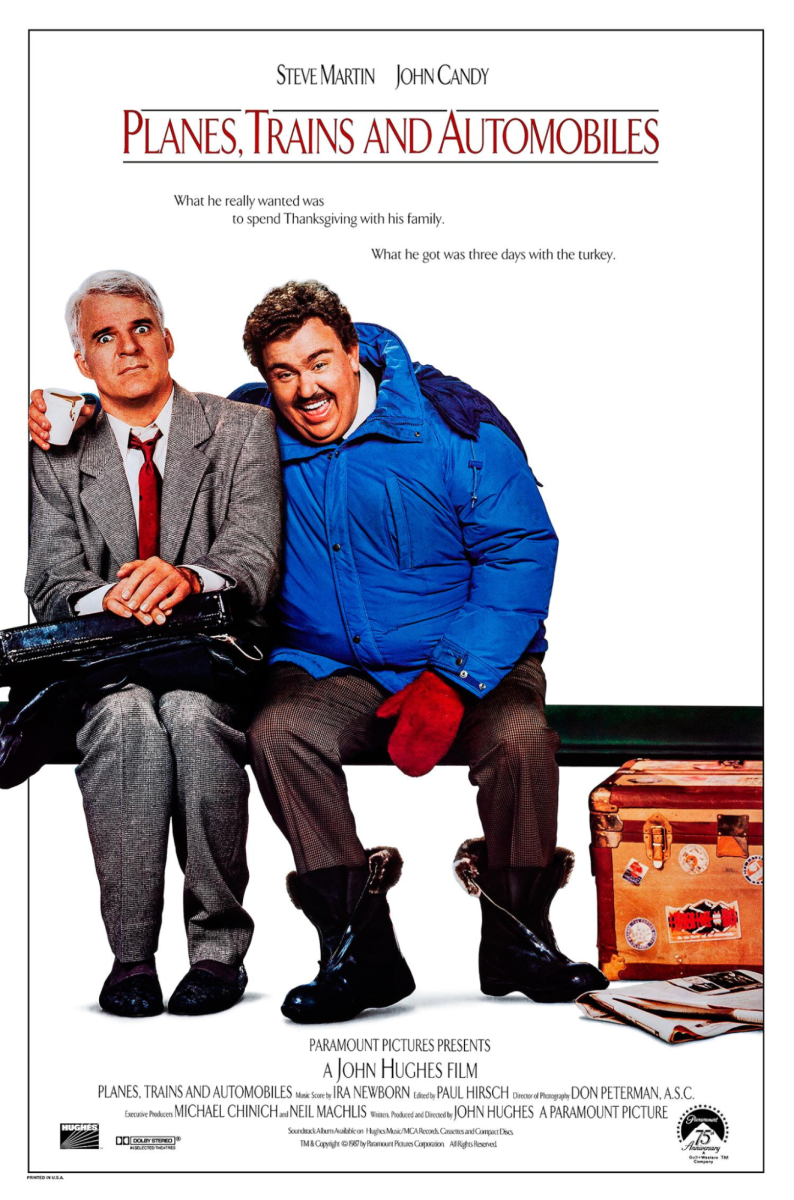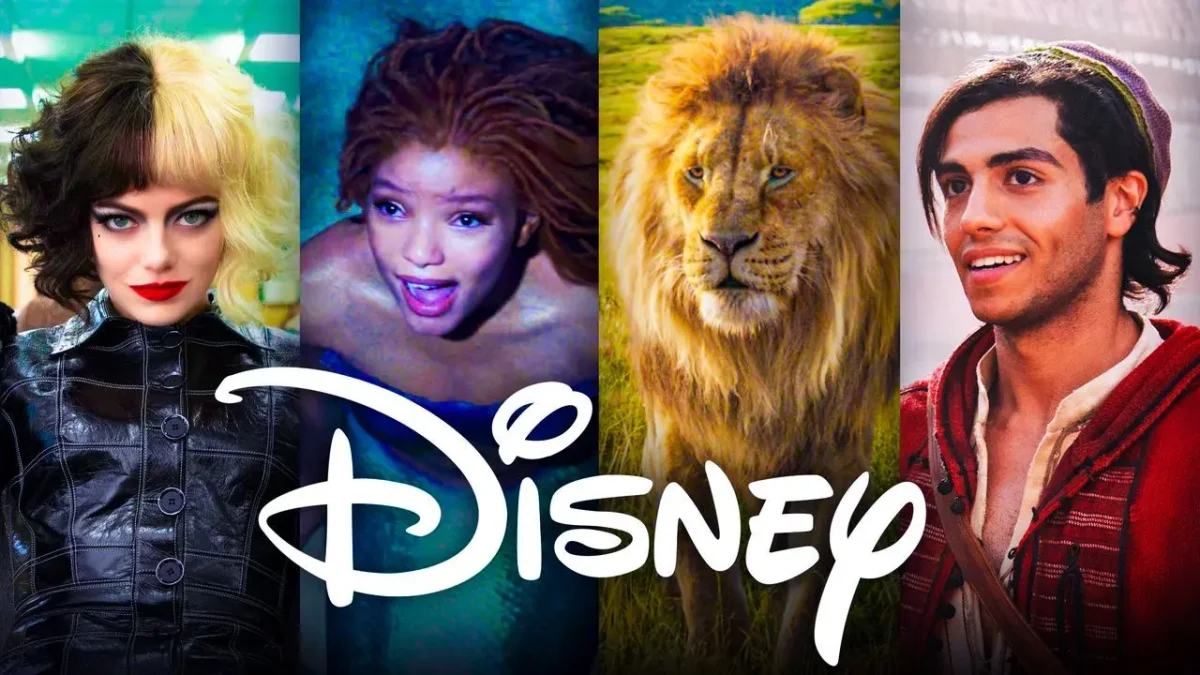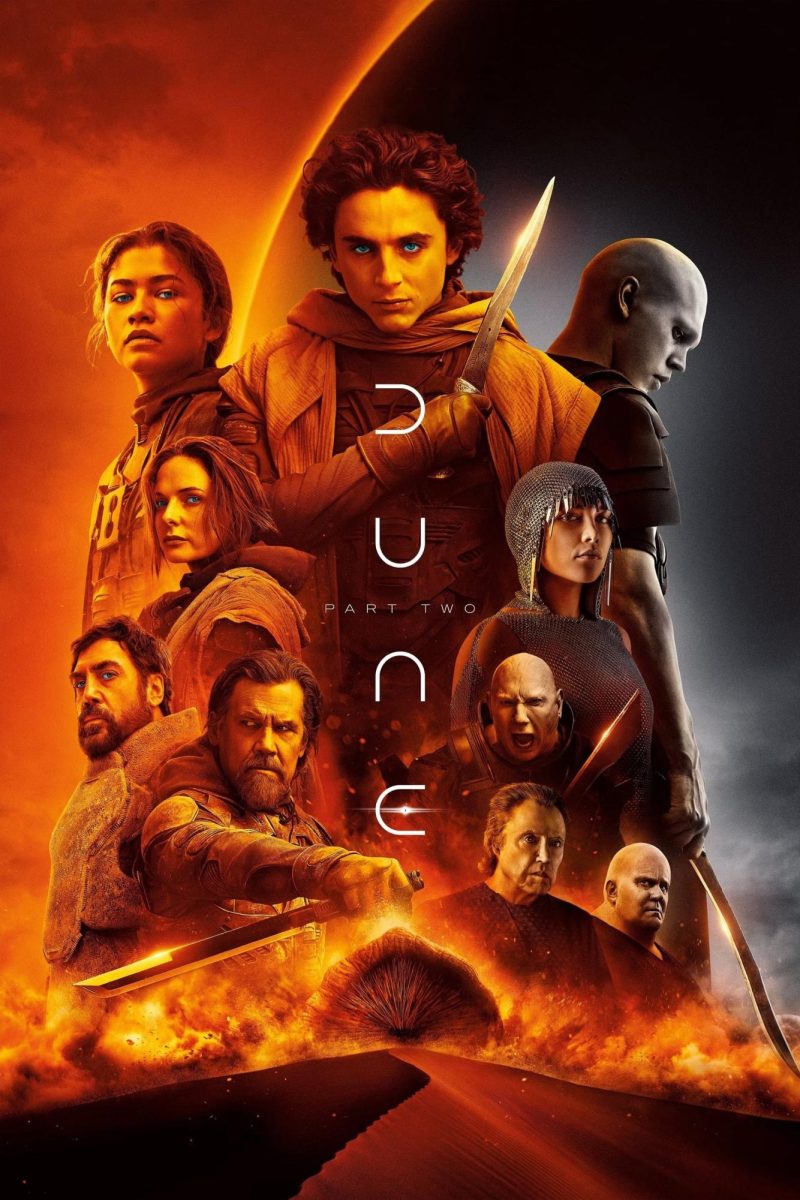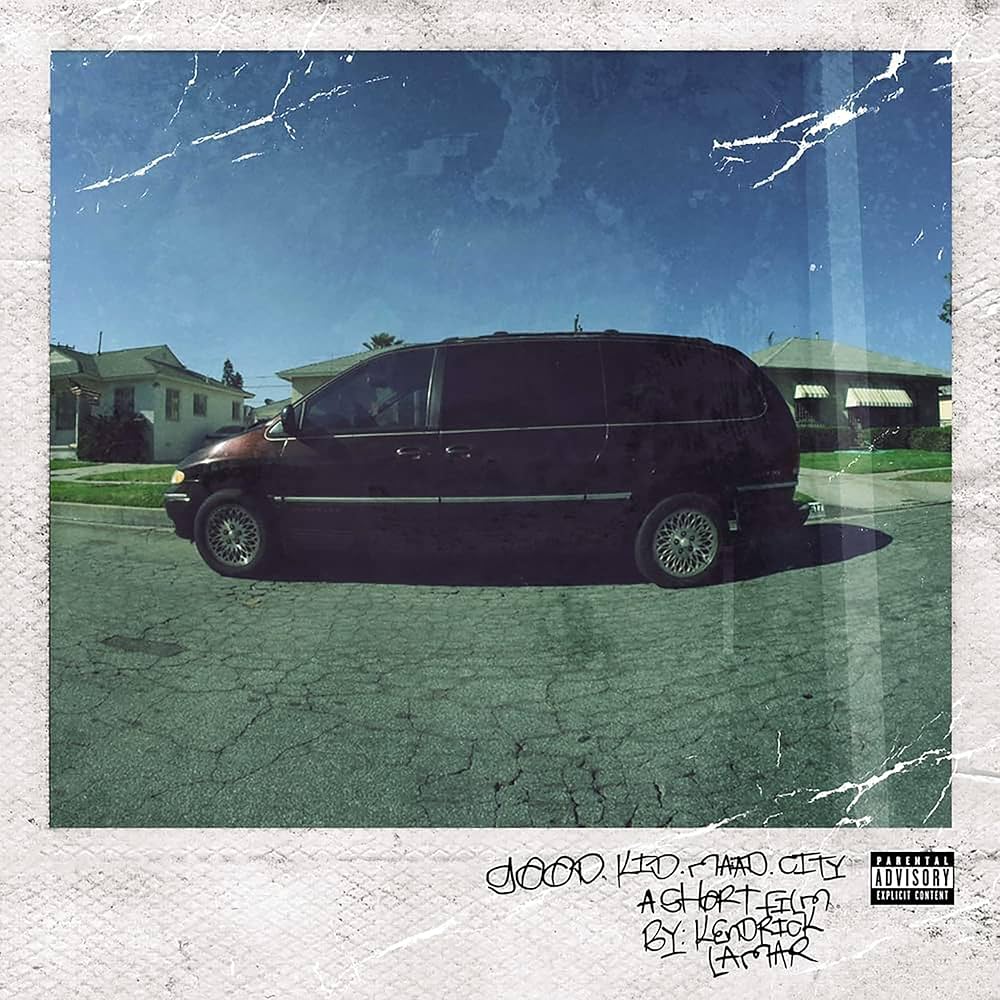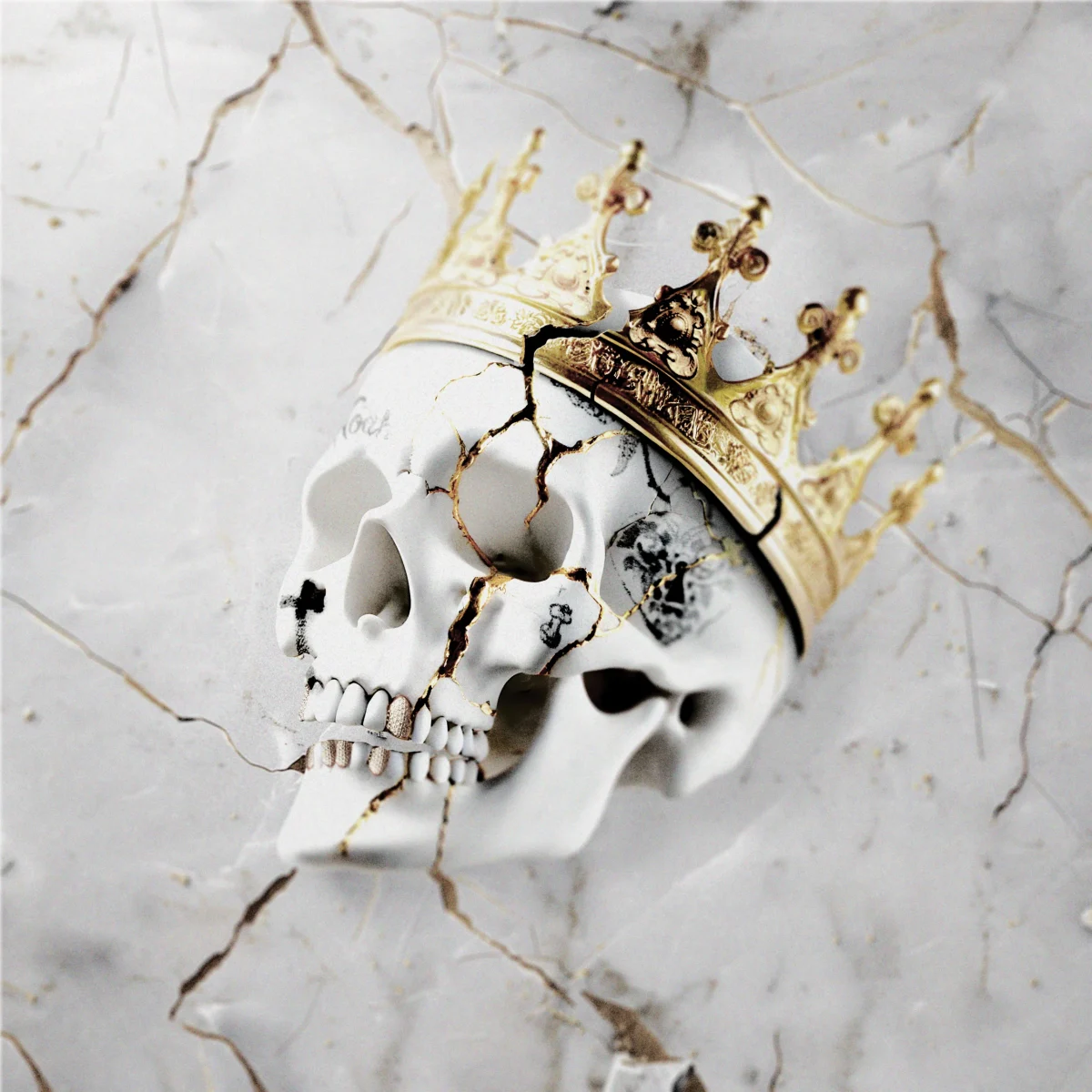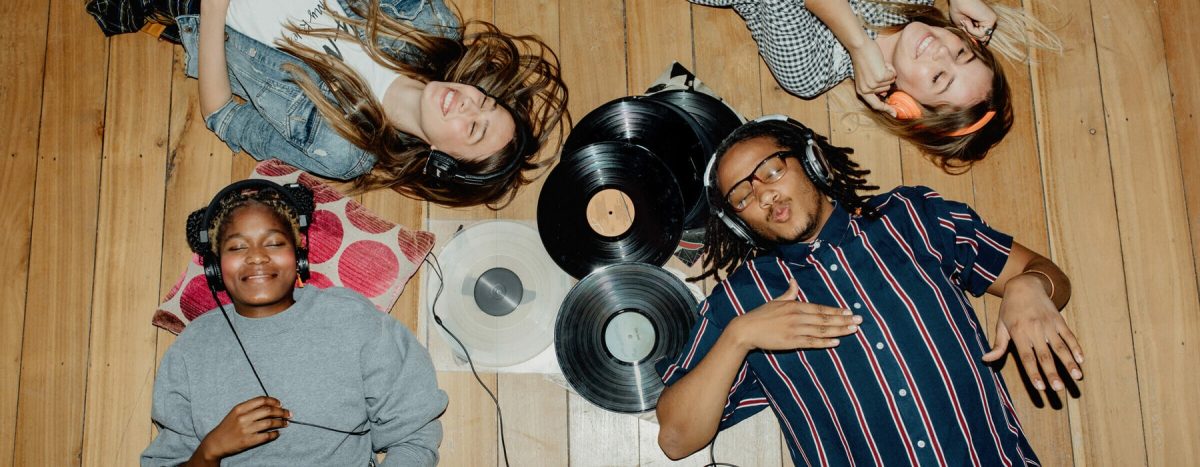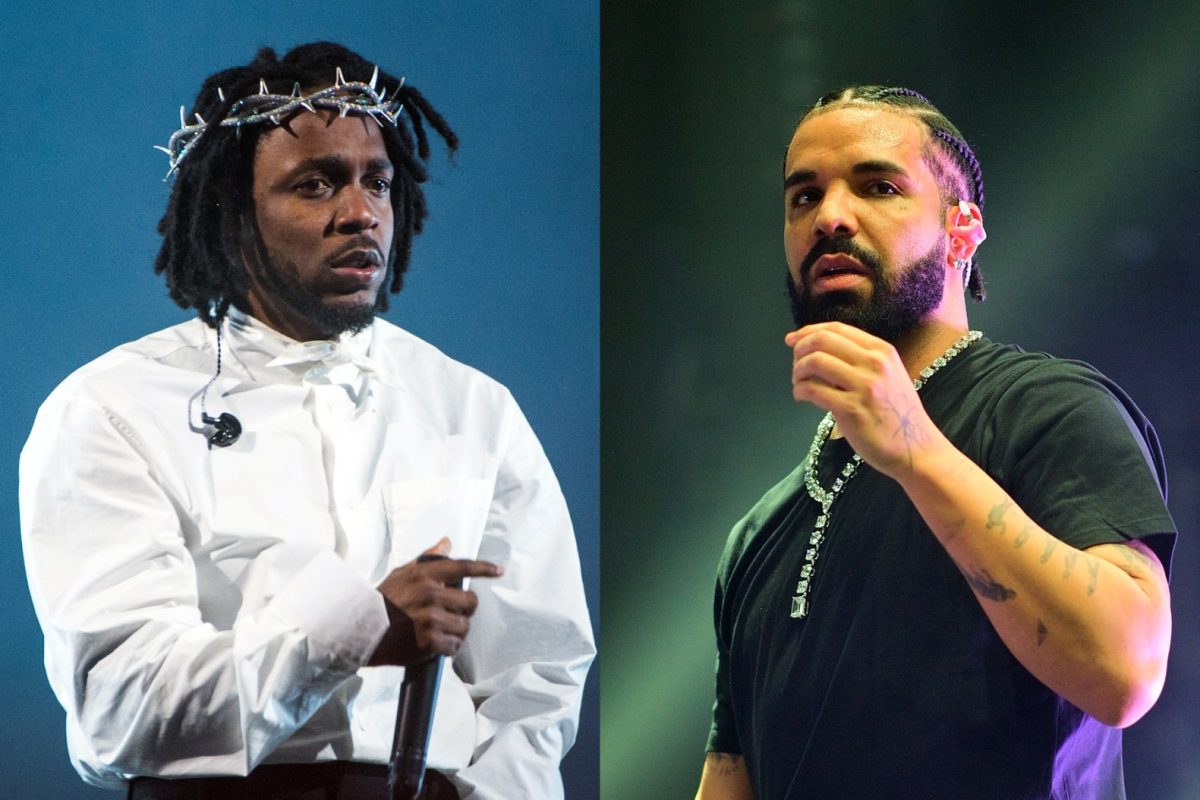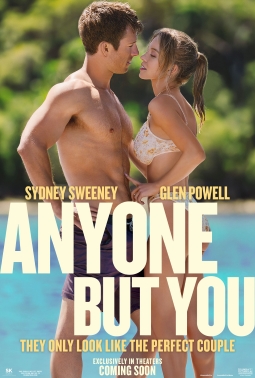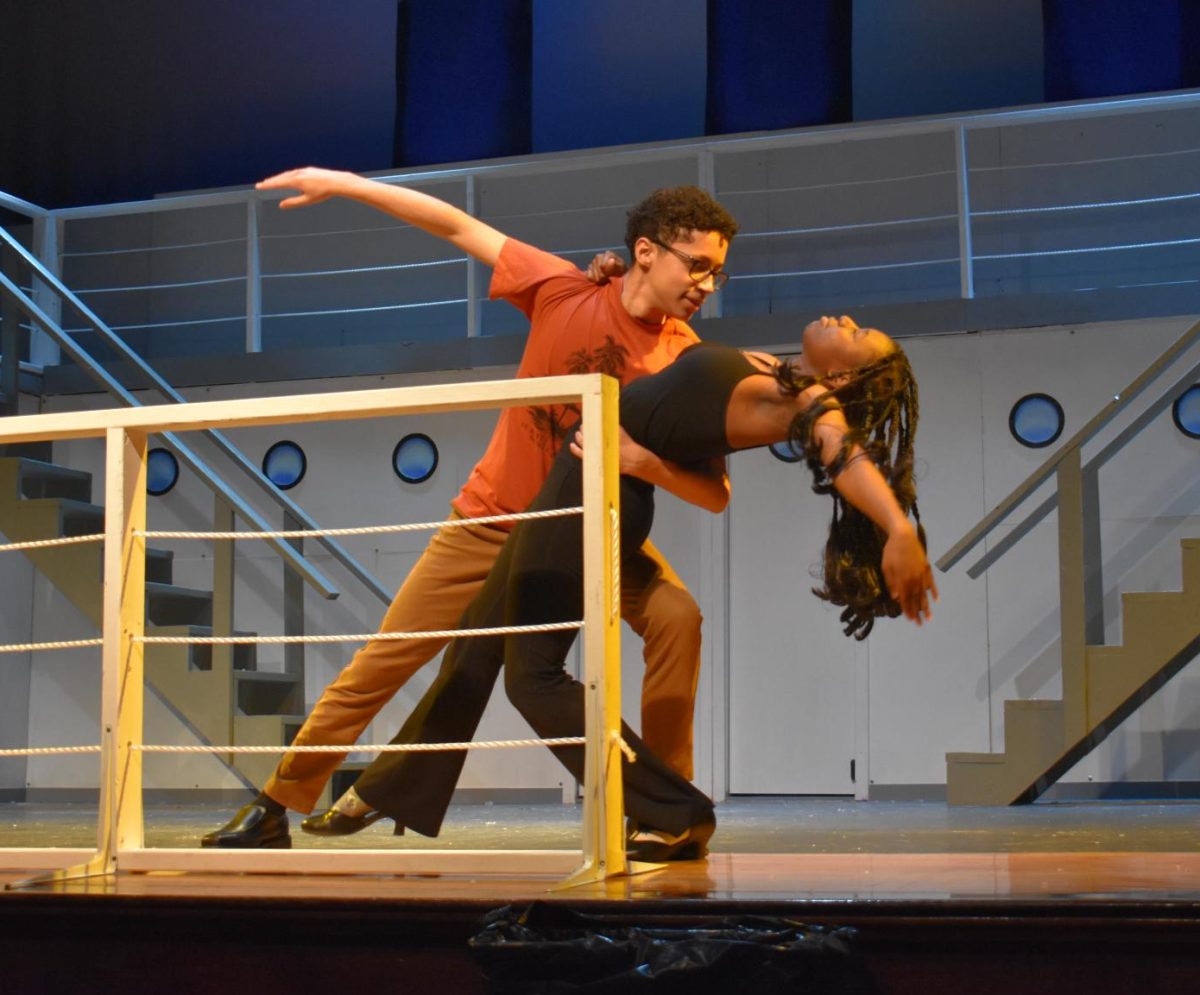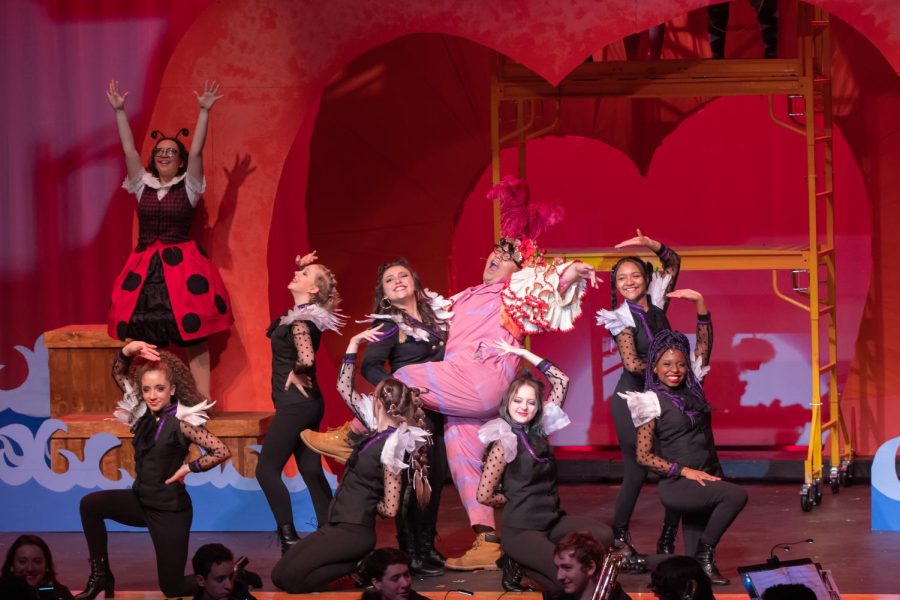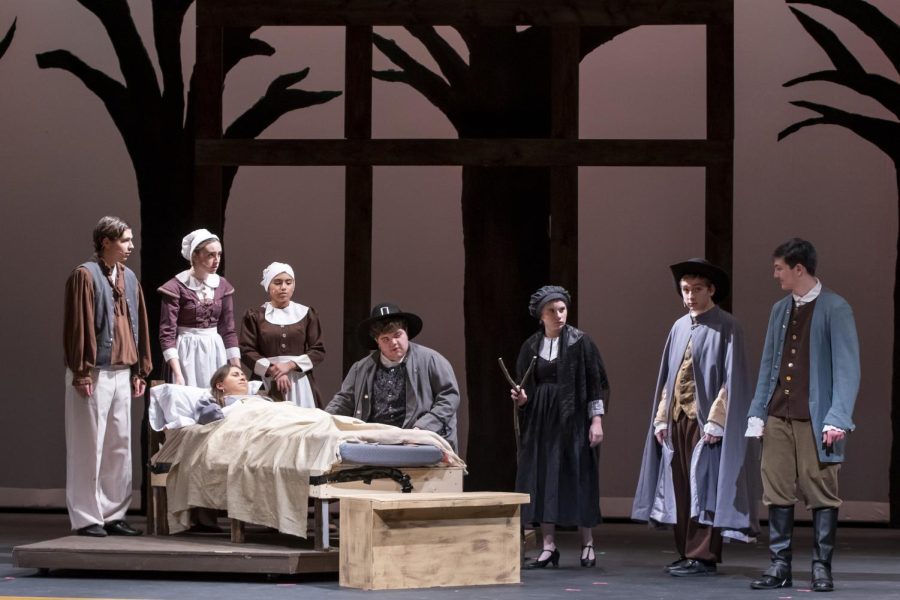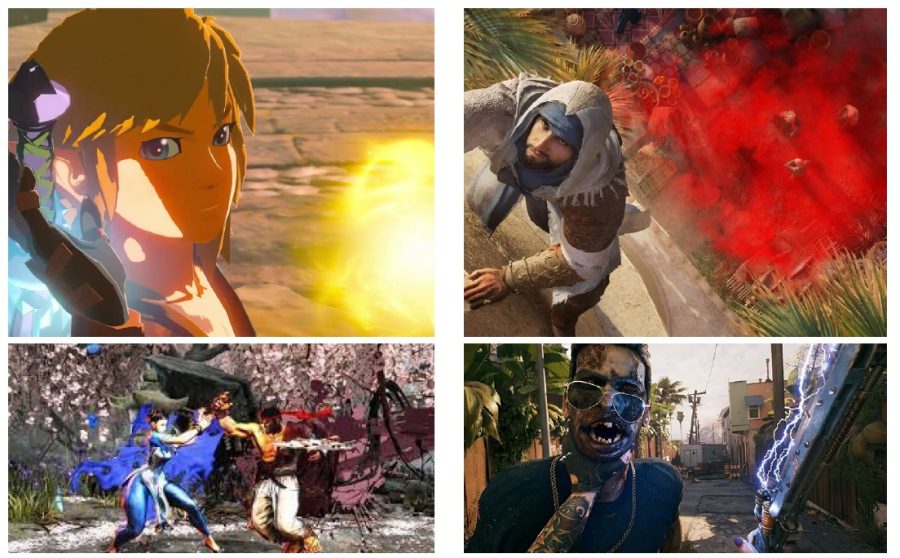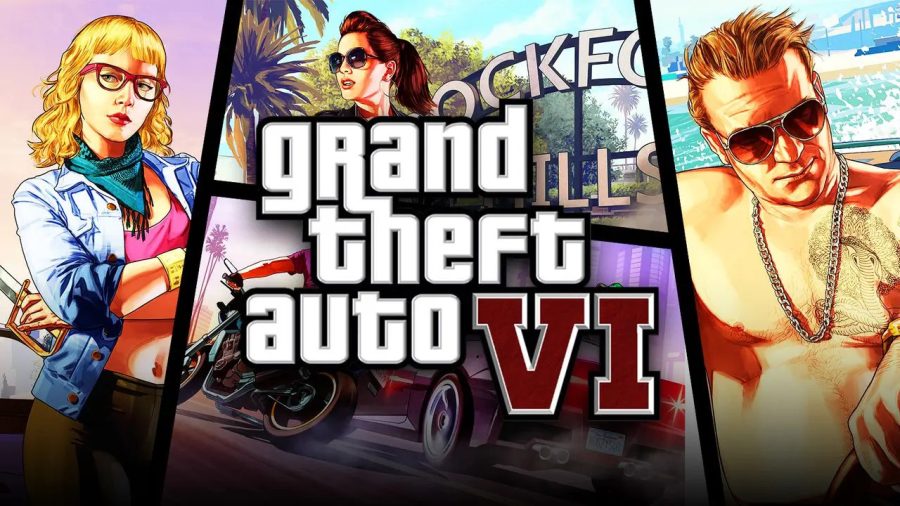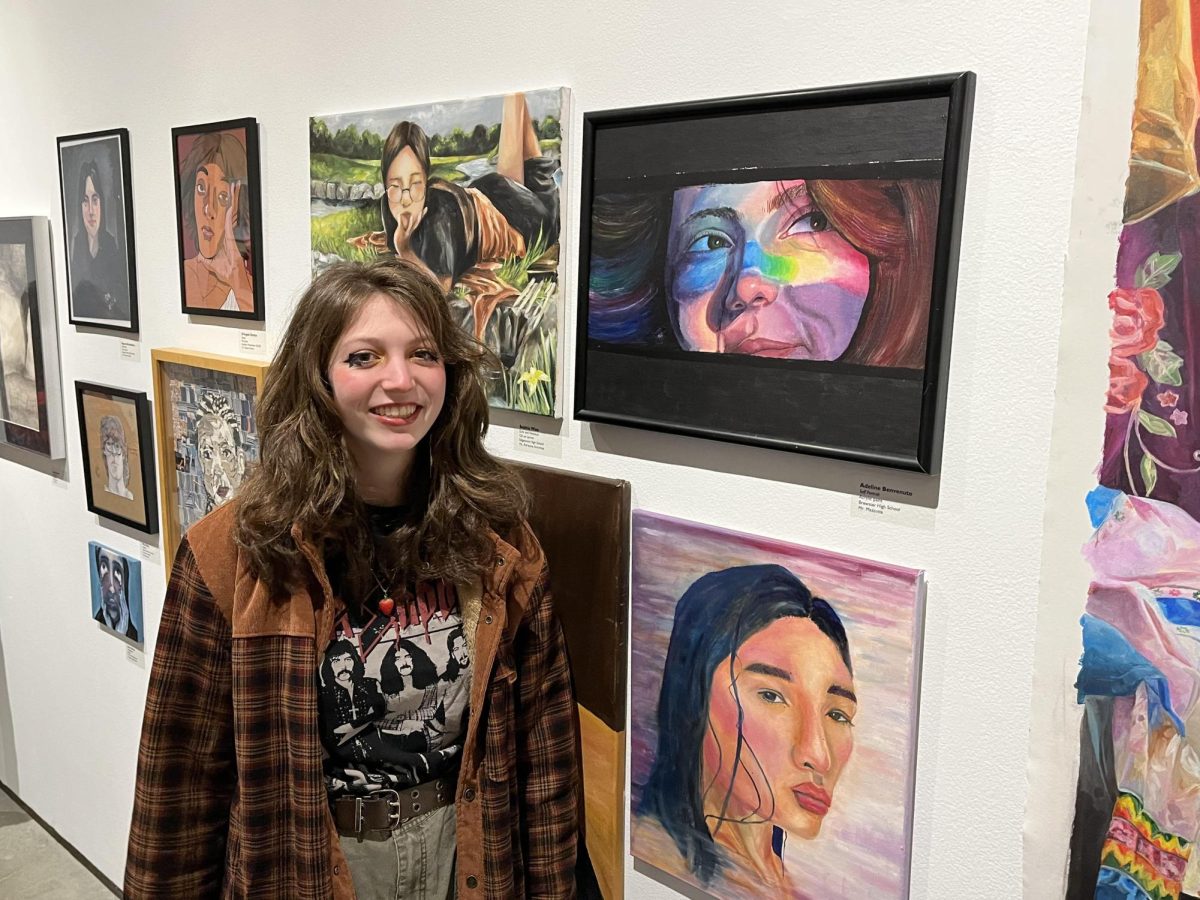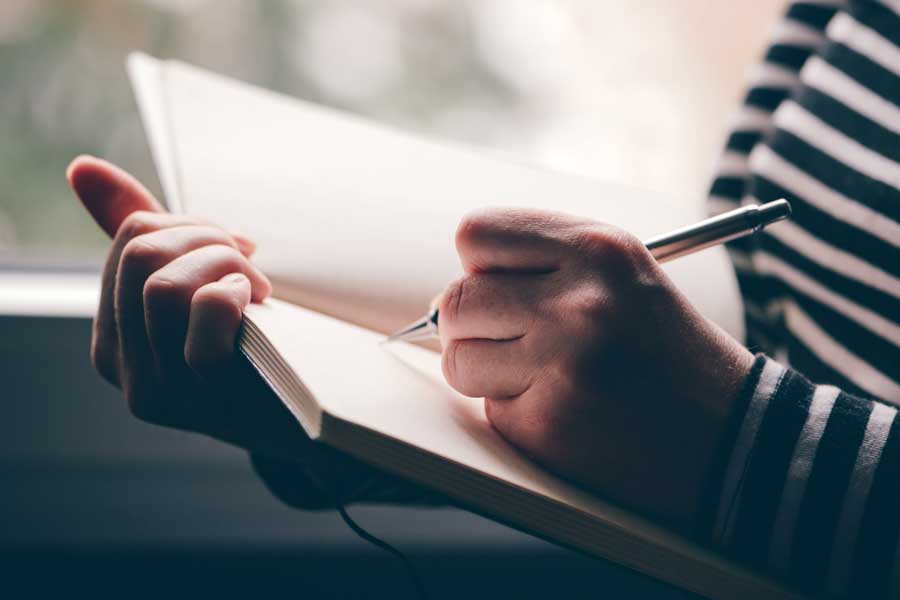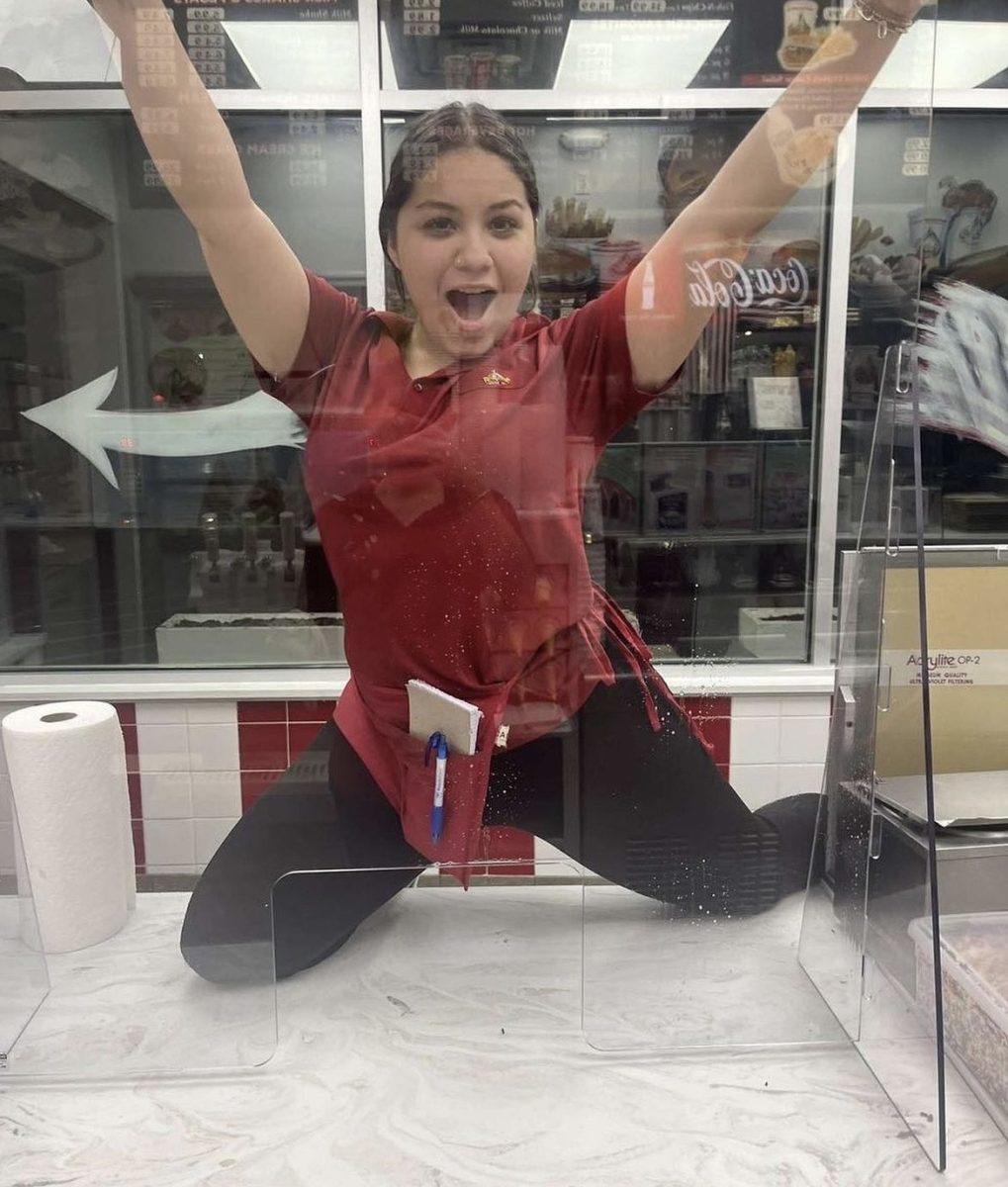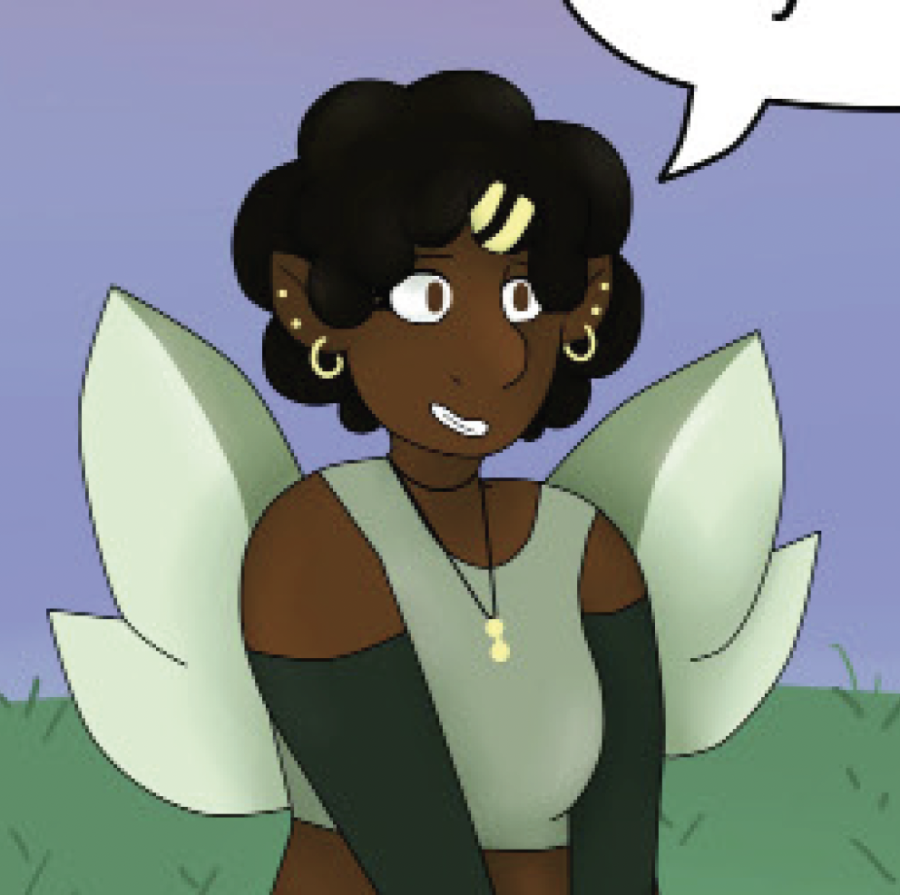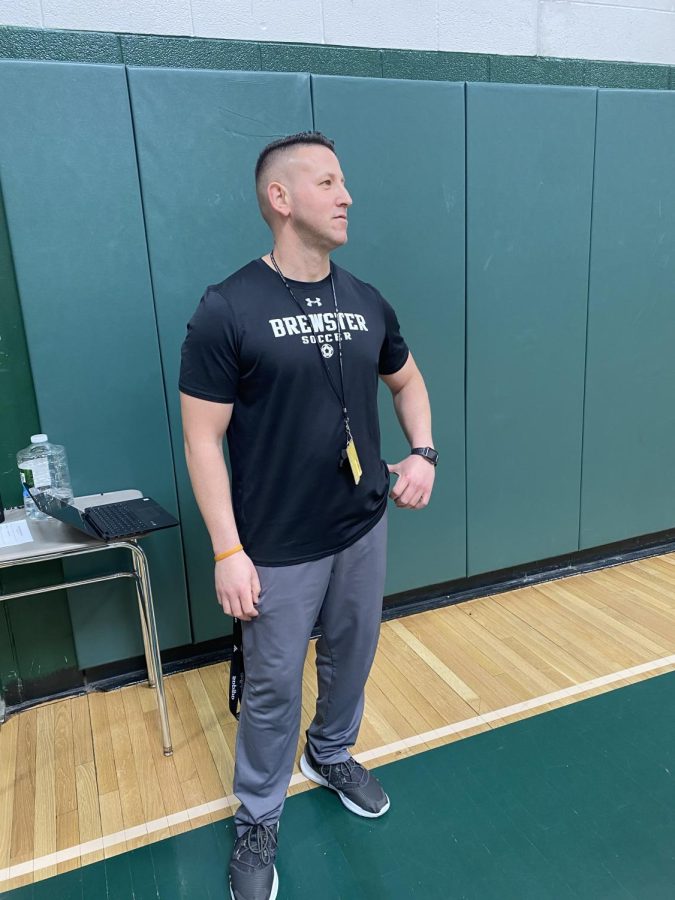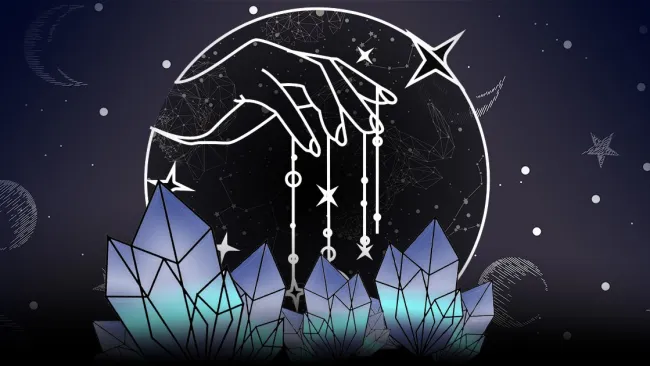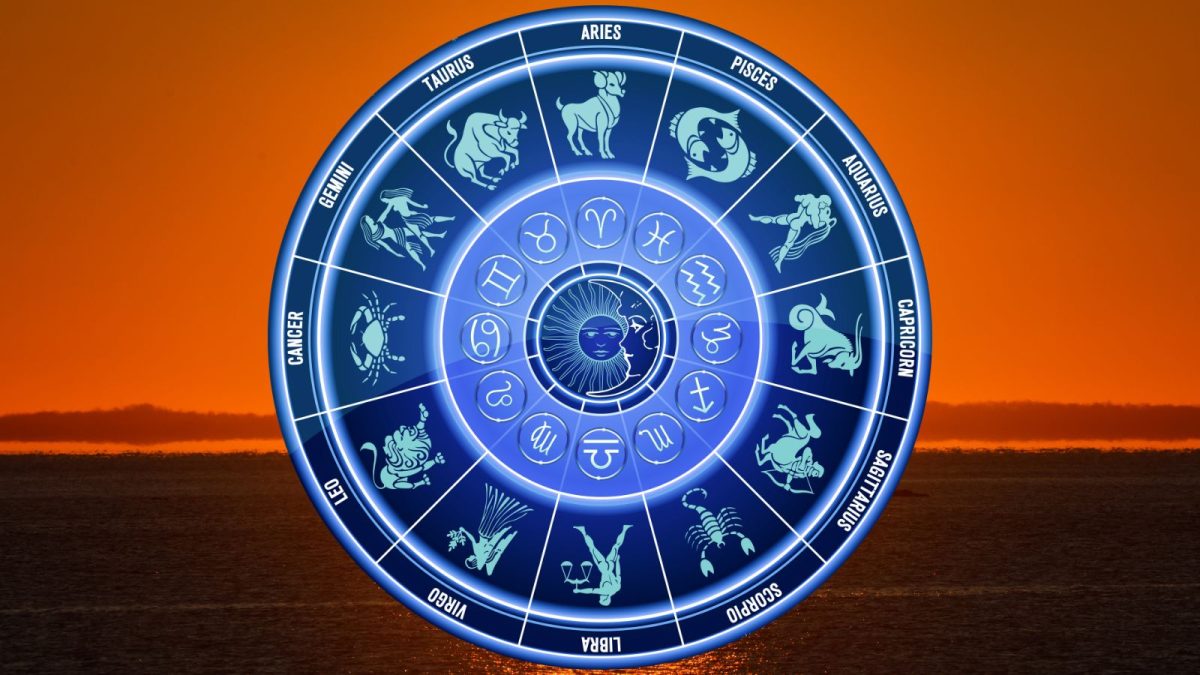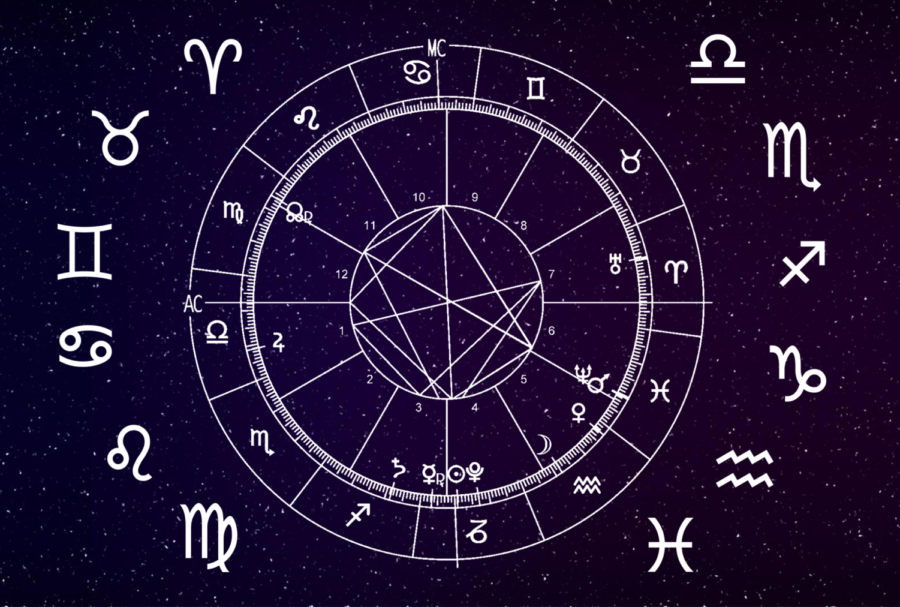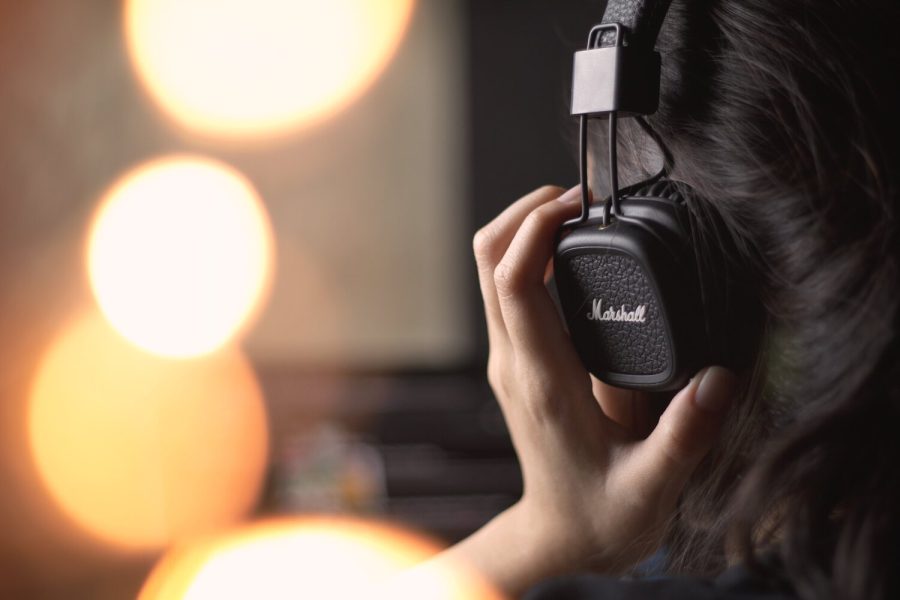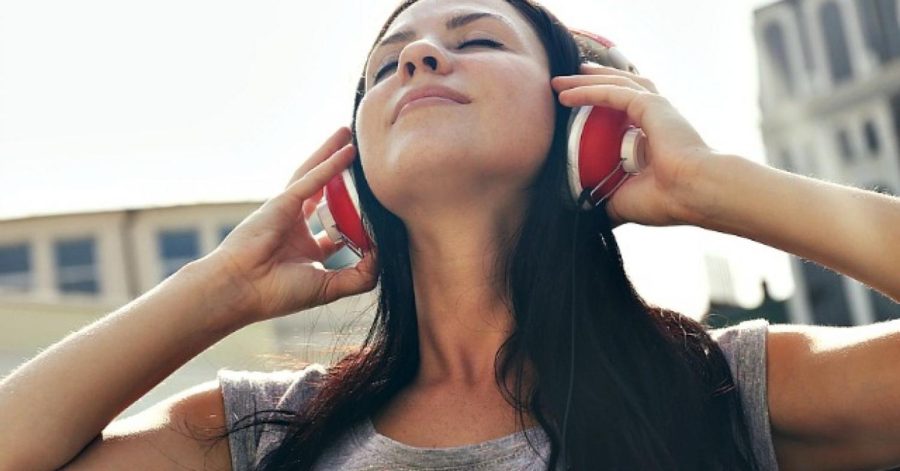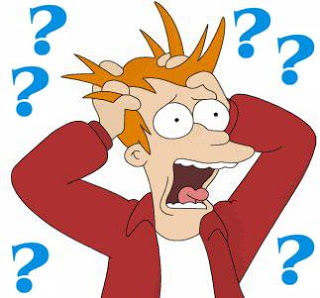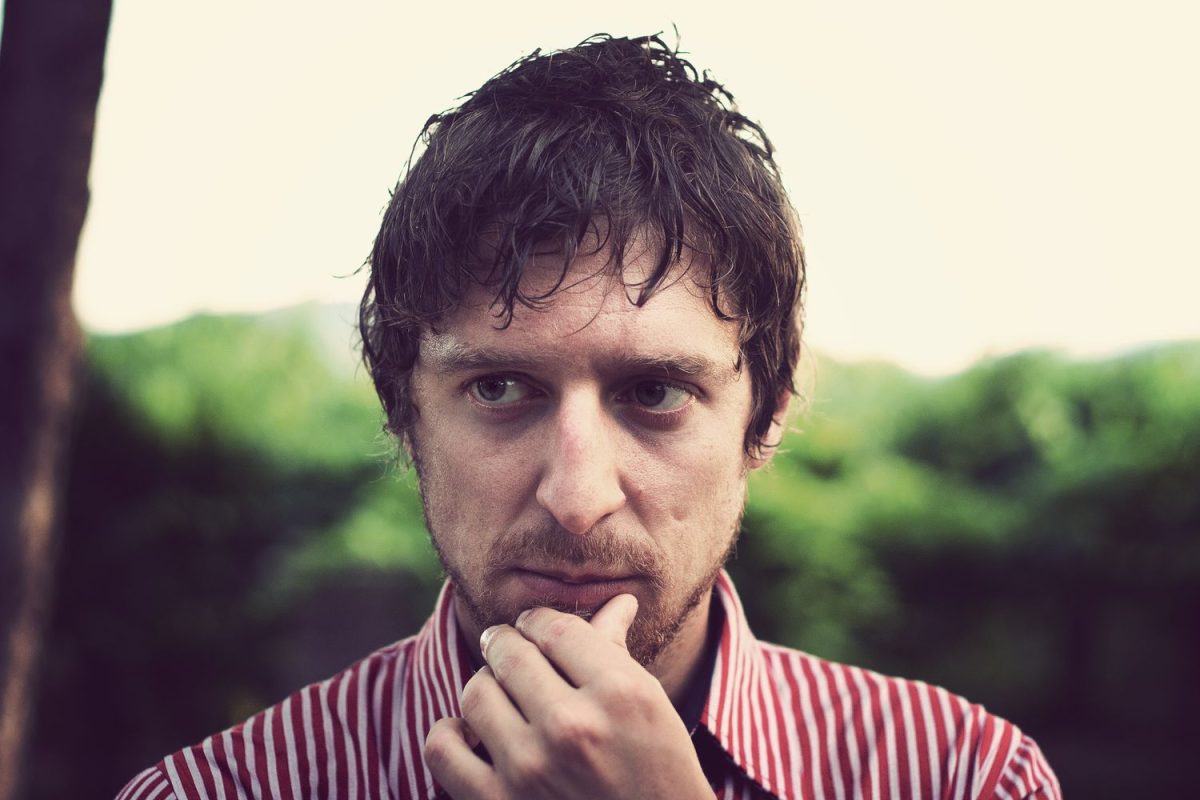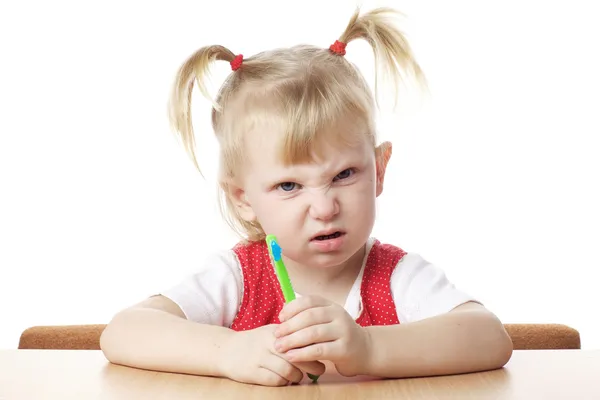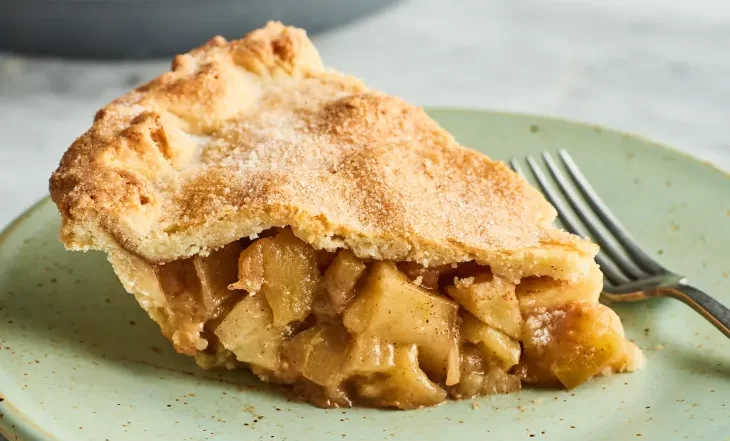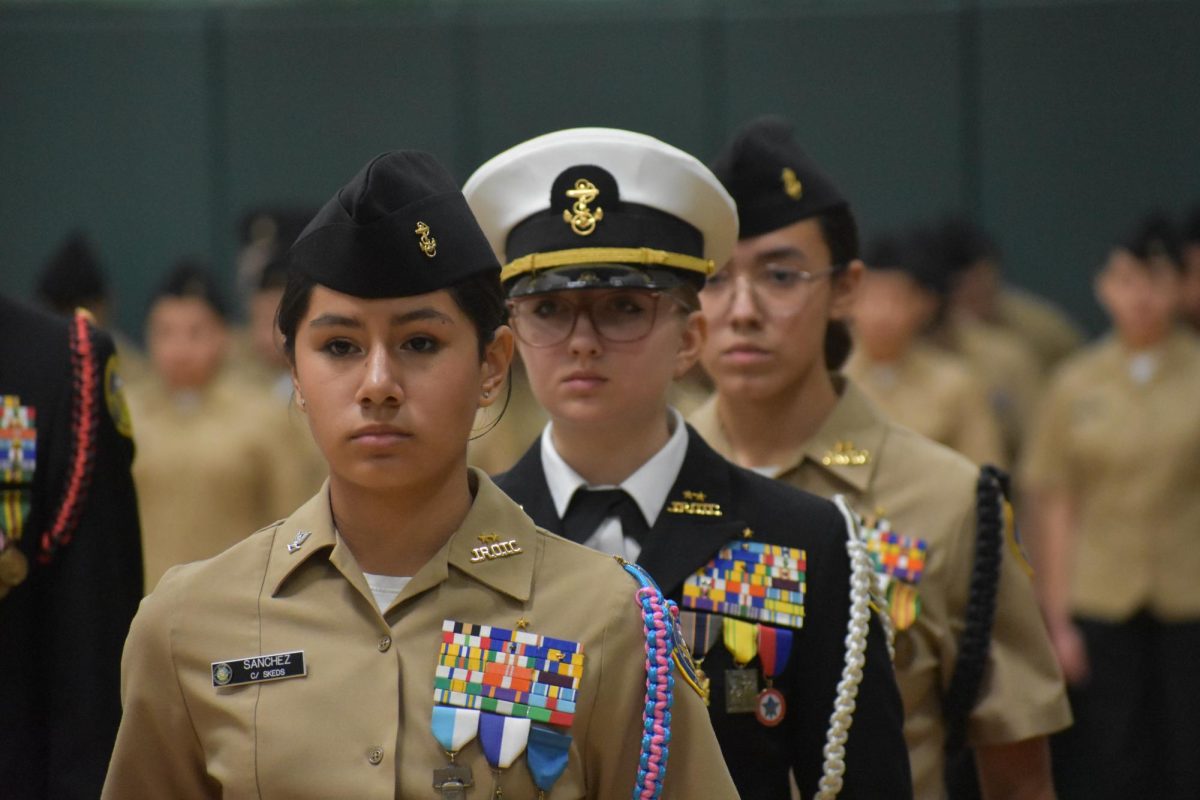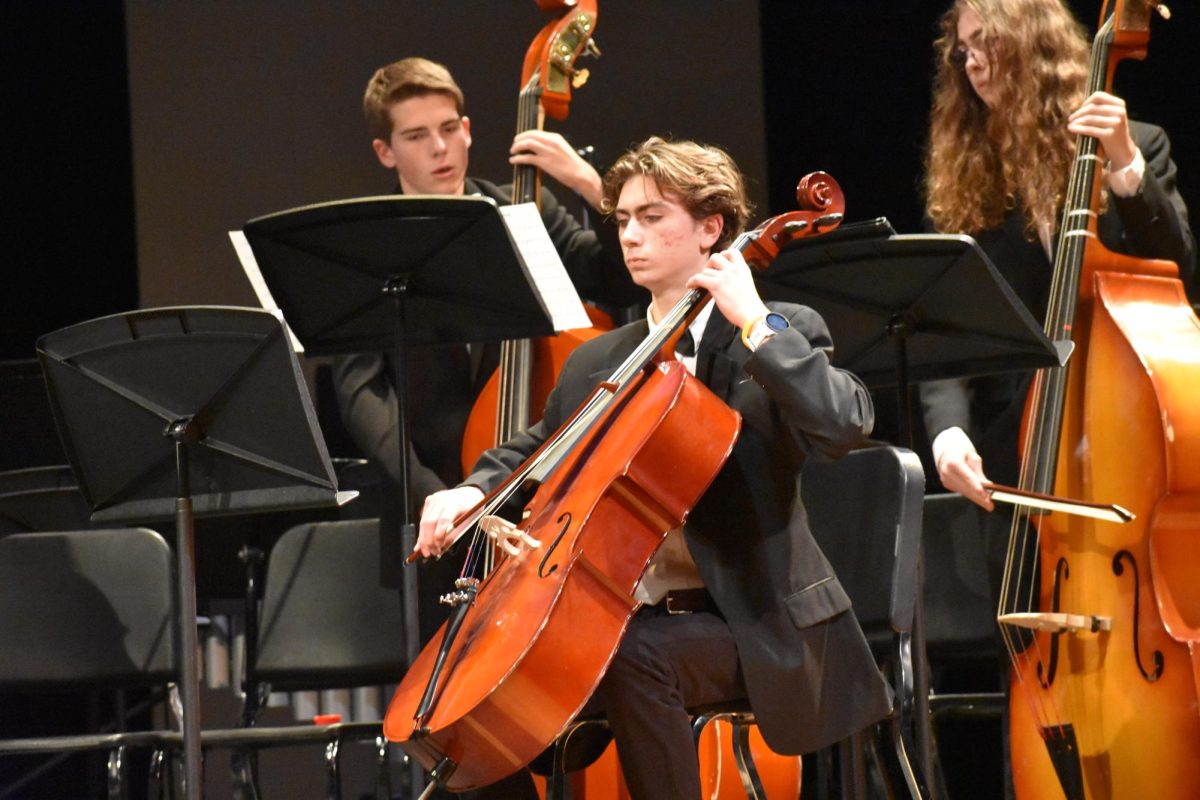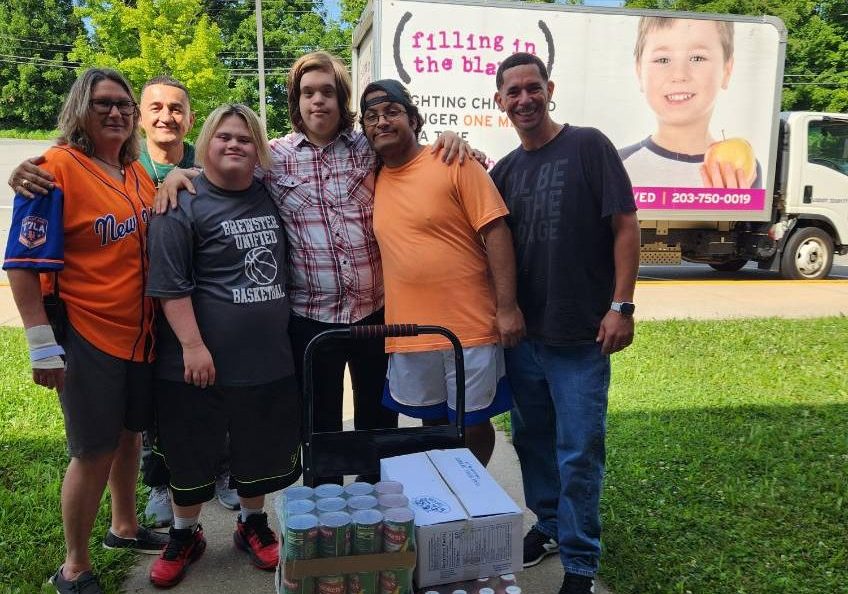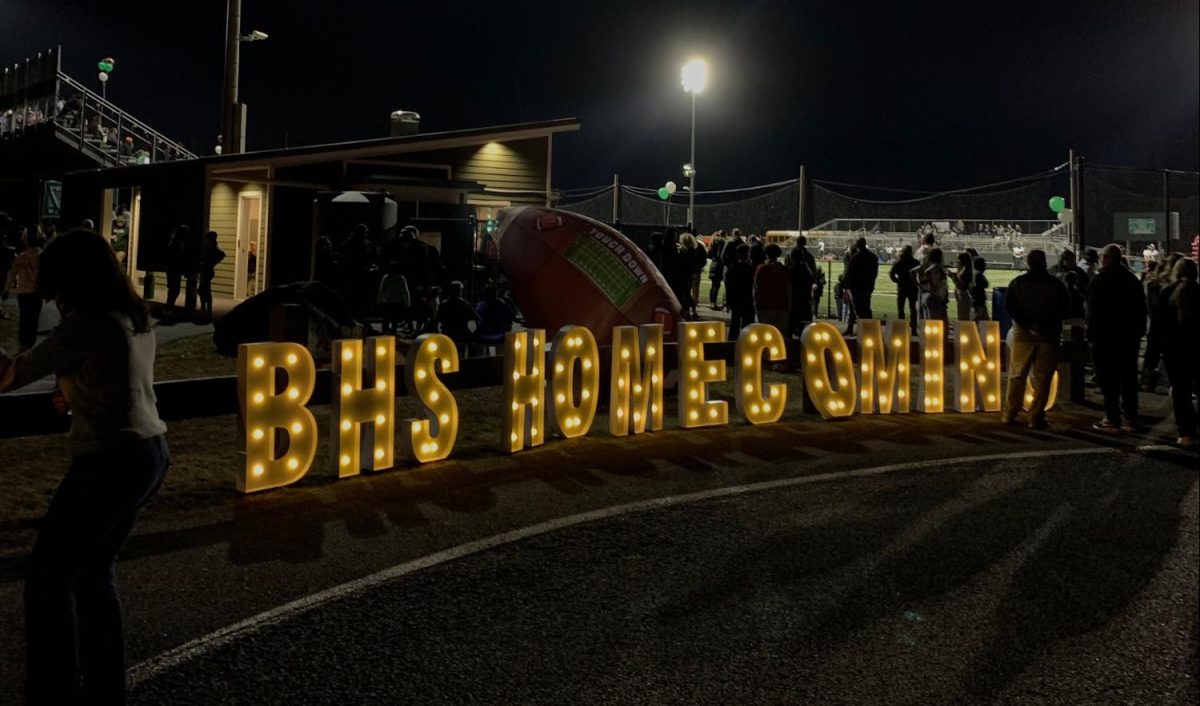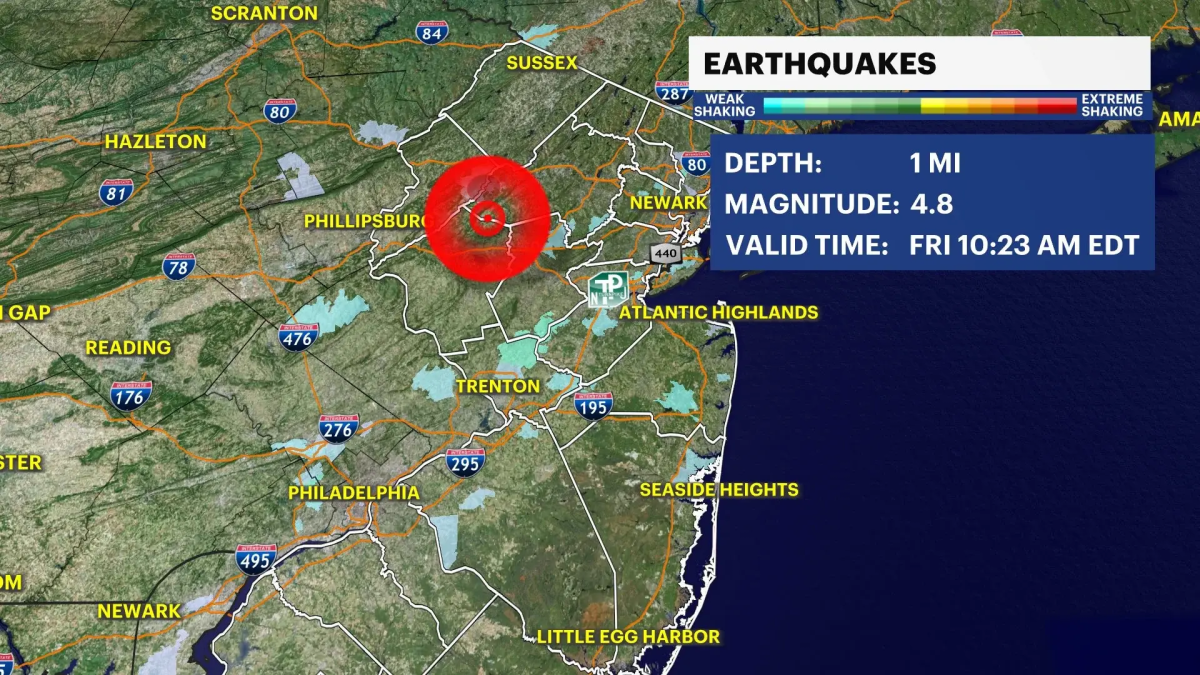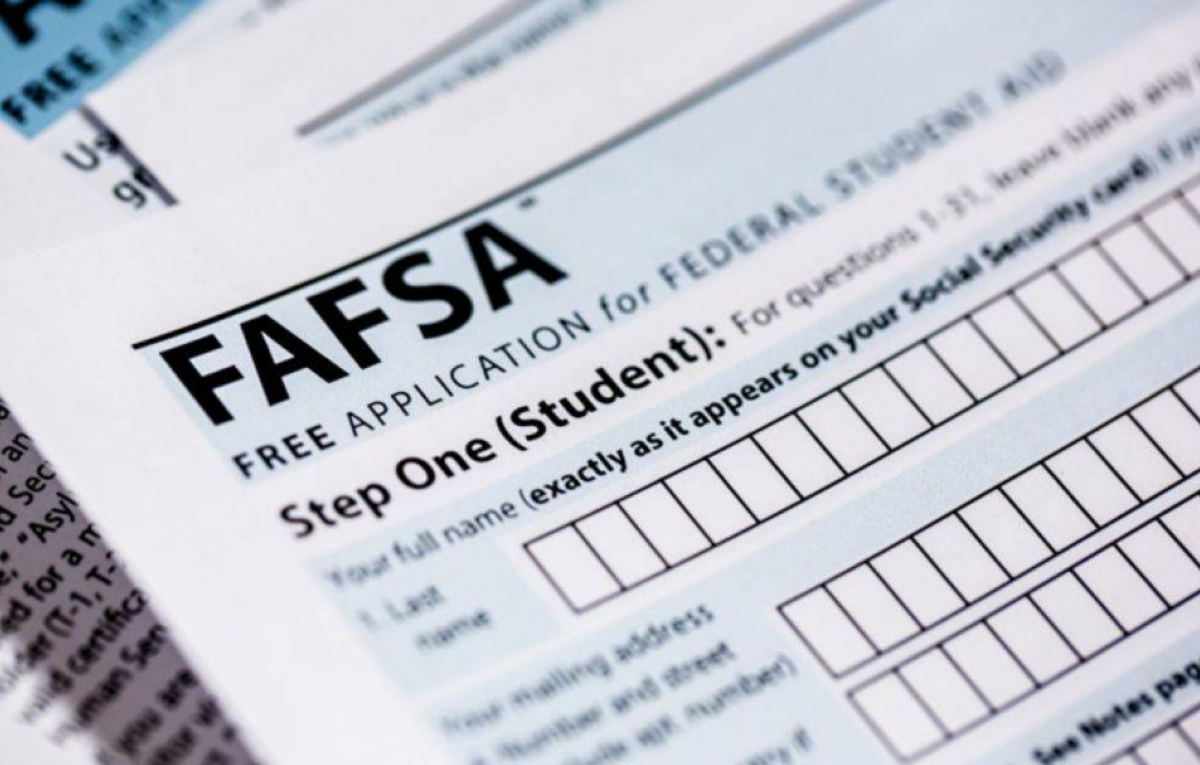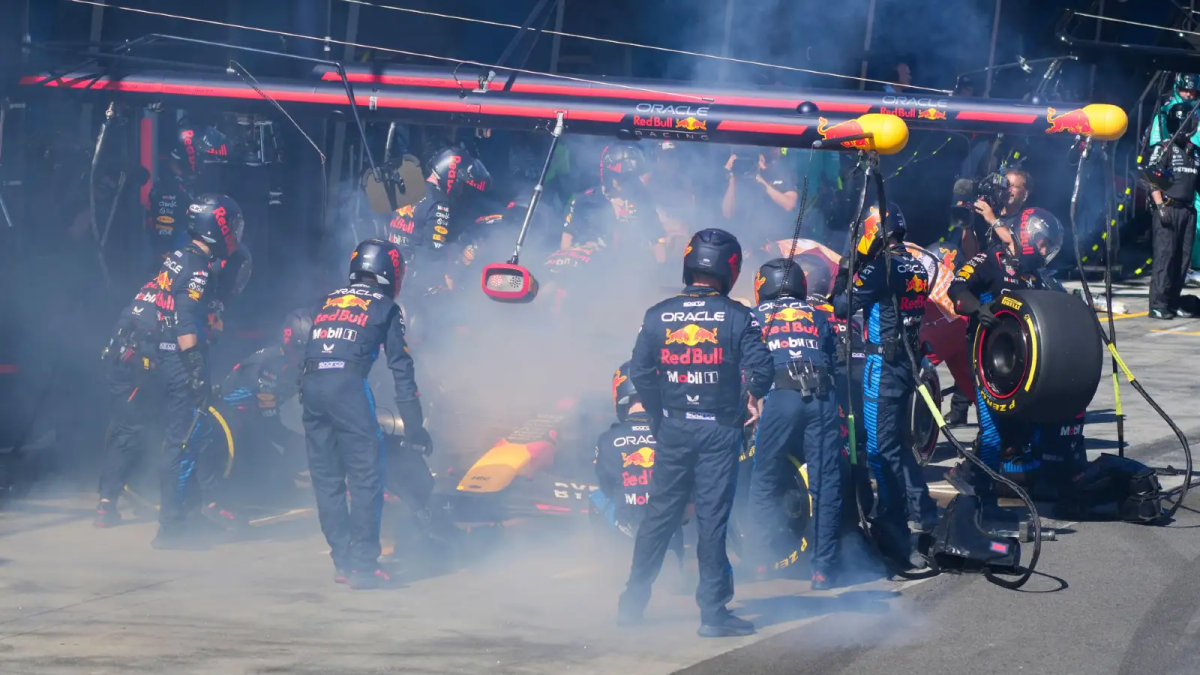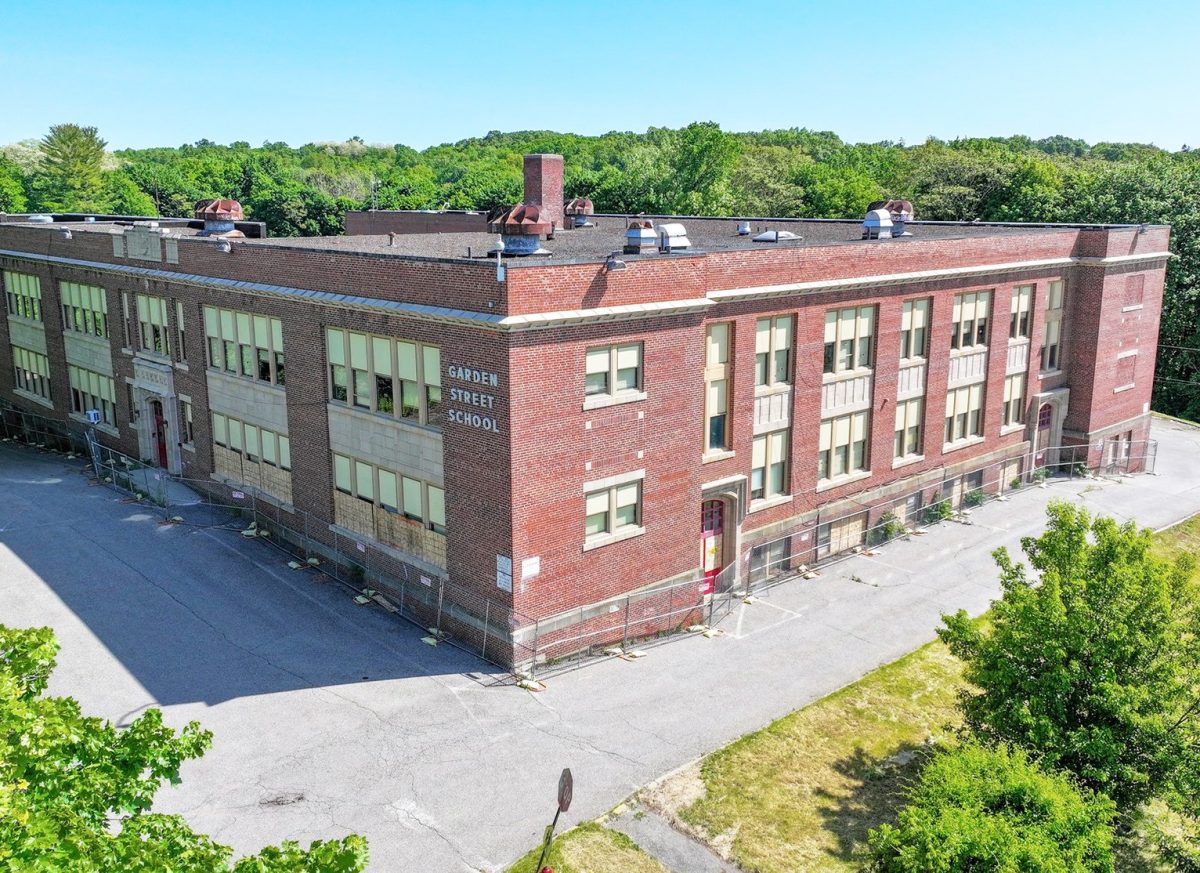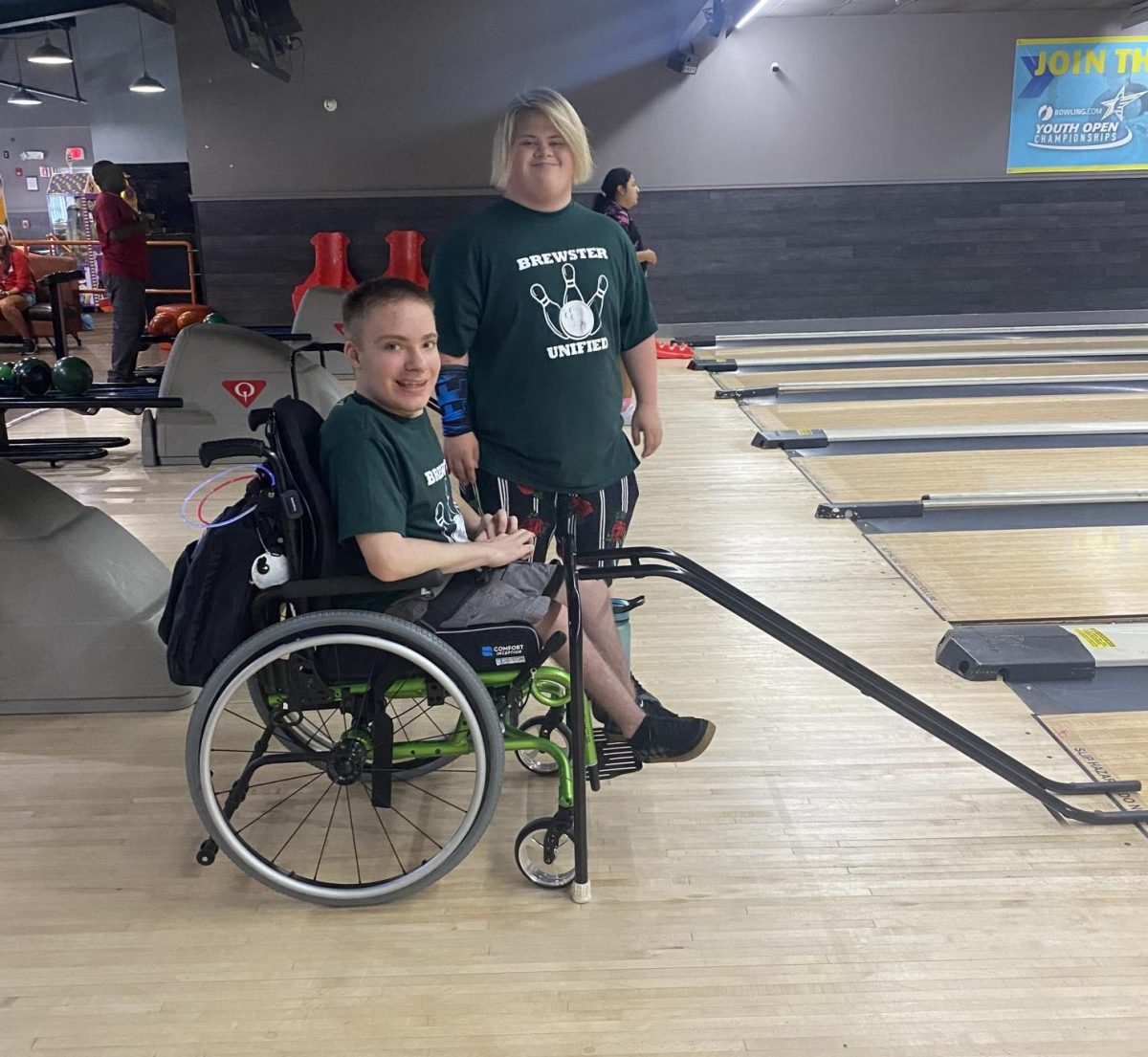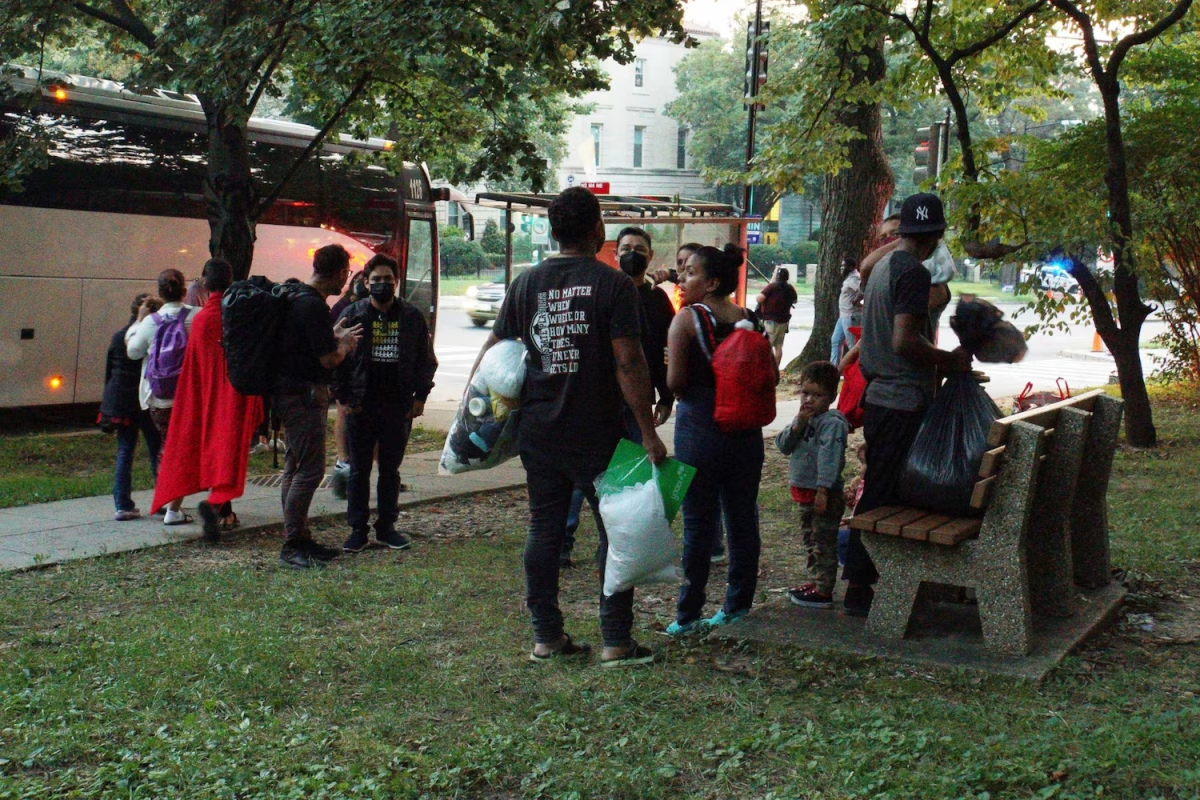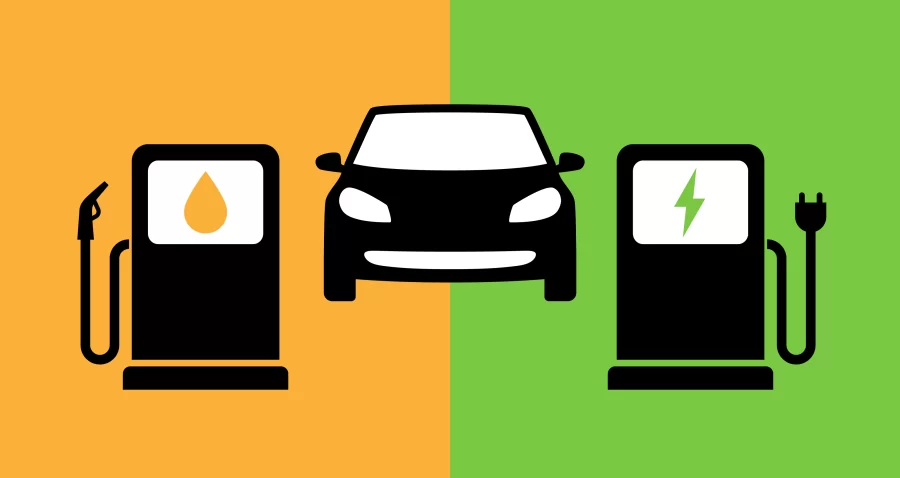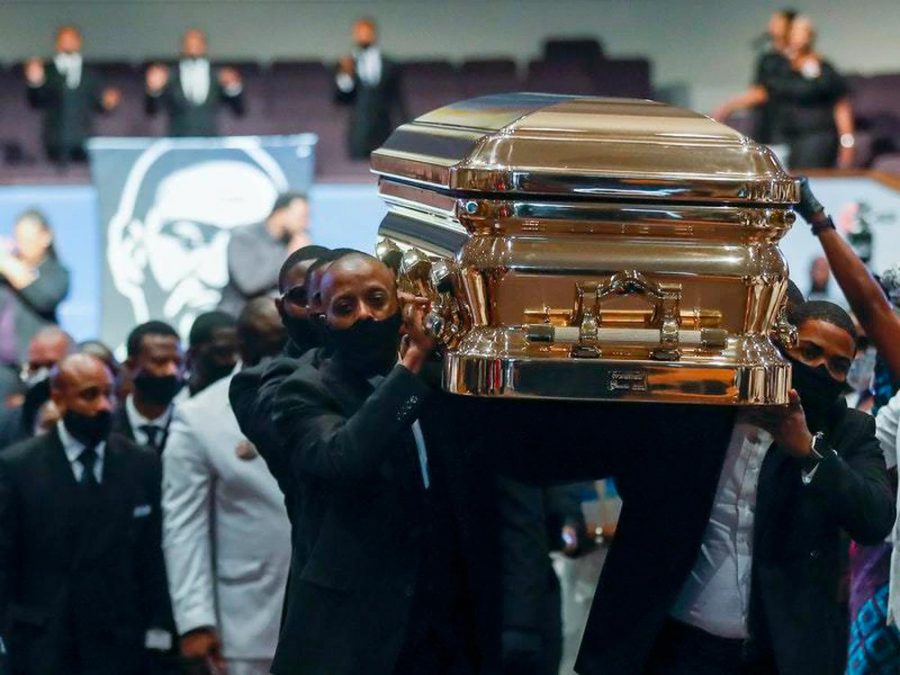You May Never Understand, But You Can Still Stand With Me
June 13, 2020
Racism isn’t getting worse. It’s getting filmed. ~Will Smith
Have you ever been followed around in a store because the sales people were suspicious of you as soon as you entered? Have you ever been classified as a ¨gang¨ for casually walking in a group with your friends? Have you ever been asked if you were lost when you sat down in an AP/Honors class? Have you ever been looked at twice just for the color of your skin? Imagine having your mother fear for your life every time you leave the house because she doesn’t know if that’ll be the last time she sees her child until it’s time to identify the body. That’s just a glimpse of what it’s like to be black in America in 2020.
With the killing of George Floyd and the subsequent protests (and many before), it is clear that being born black makes one a threat and a target in American society.
Up until I grew to be a certain age, I wasn’t viewed as a threat. What caused that to change? Now I, and all African-American people, must live in constant fear. What is your biggest fear? Is it fear of walking outside? Is it fear of wearing a hoodie? Is it fear of going for a jog? Is it fear of sleeping in your own home? Is it fear of going to the park to bird watch? Or, is it fear of simply existing?
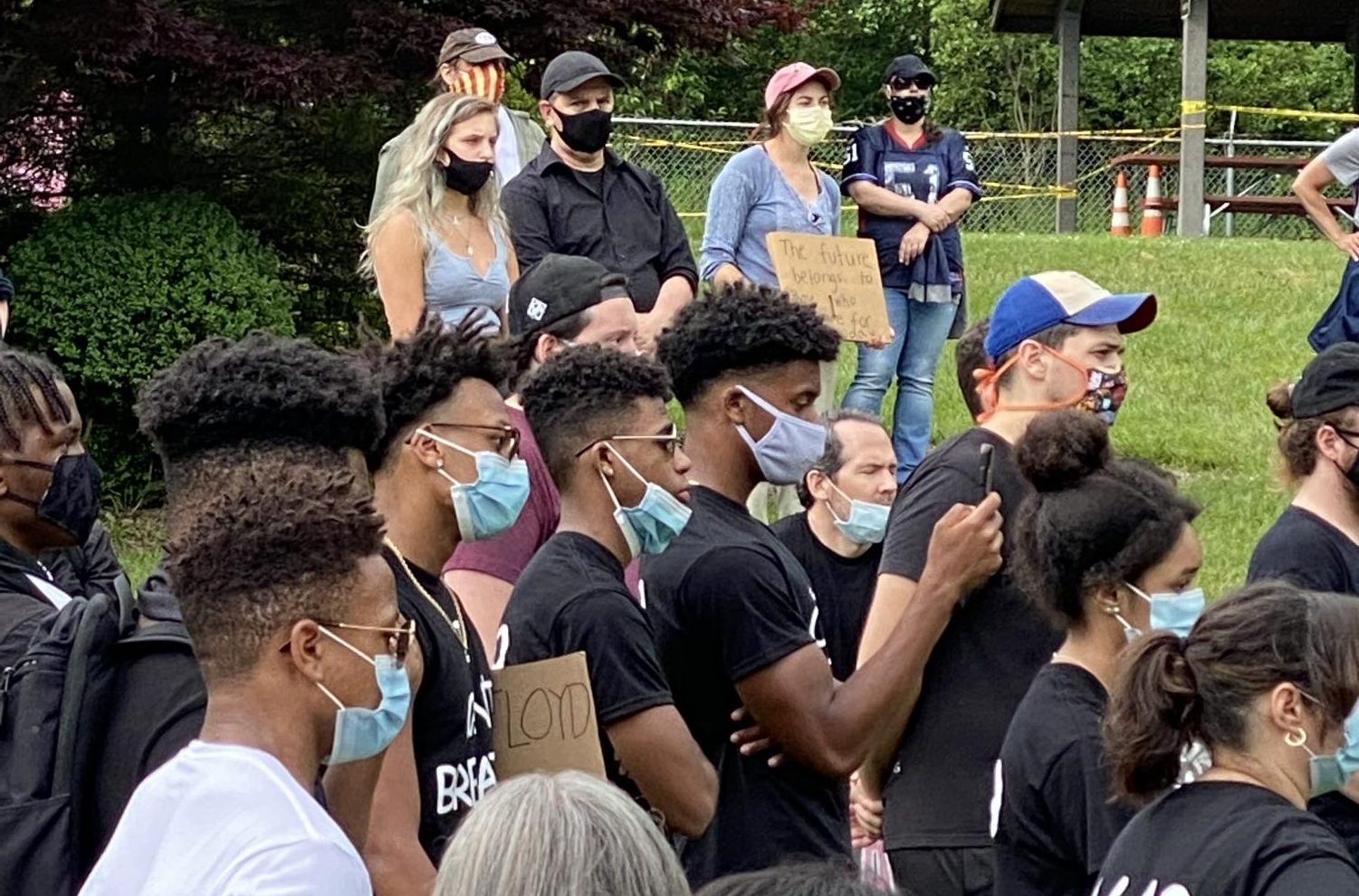
How did you feel when the President of the United States used fear tactics and called my people “thugs” instead of condemning the wrong that is taking place?
These are recent examples of what has occurred in the lives of my black brothers and sisters. We have been harassed, falsely arrested, and had the police called on us. We have been beaten and some of us have lost our lives.
It’s evident that the murder of George Floyd has caused a major shift in this country’s politics. There’s no reason that can justify the police officer, Derek Chauvin, kneeling on George Floyd’s neck for 8 minutes and 46 seconds. This is the second time that we’ve publicly heard a black man crying out, “I can’t breathe!” moments before he went silent and died under a white man in uniform. The same scenario occurred in 2014 to the late Eric Garner, who was put in a choke hold by a white police officer.
But George Floyd’s murder was the proverbial straw that broke the camel’s back. We’re tired of having to justify why our lives matter, there should be no debate. The color of my skin shouldn’t make me less equal to anyone, especially in a country built on the premise of “liberty and justice for ALL.”
Let’s make one thing clear: “We never said, only Black Lives Matter. We know All lives matter. We just need your help with Black Lives Matter for black lives are in danger” (unknown).
Black Lives Matter isn’t and never will be a trend or a movement used to lessen the importance of another life. According to www.blacklivesmatter.com, its roots were grounded in 2013 as a result of the tragic murder of 17 year-old Trayvon Martin at the hands of George Zimmerman, who was acquitted of all charges. “It was created to eradicate white supremacy and build local power to intervene in violence inflicted on Black communities by the state and vigilantes” (part of the mission statement by the founders of Black Lives Matter).
This isn’t a fight of black vs. white, but of racism vs. everyone.
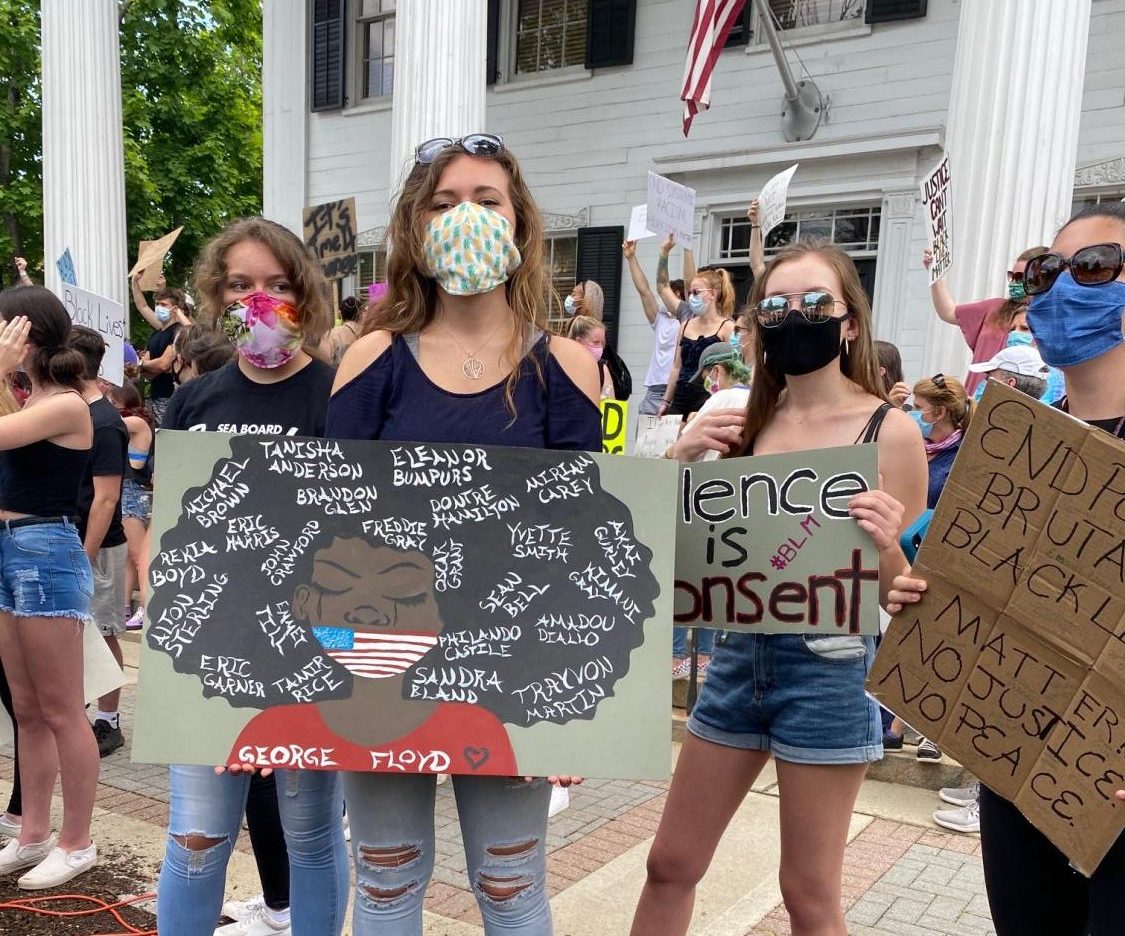
For the past few weeks, there have been protests happening in every state of America and in many countries around the world. The protests are in response to police brutality and the negative impact that this continued brutality is having on the black community. We must fight against the illnesses of marginalization and discrimination in relation to housing, jobs, incarceration, and healthcare. In the past, protests were effectively used by Civil Rights leaders to address the issues that were burdening black lives. These protests were alive with the hope of gaining the attention of law and policymakers for change.
It’s saddening that we are still fighting the same battles that we have fought since June 19, 1865 – better known as Juneteenth – the date when slaves were freed from bondage. What else is it going to take for black lives to be seen as equal? What else is it going to take for black lives to matter? What else is it going to take before the law protects black lives as it does those who harass and kill us?
Now say their names: Trayvon Martin, Breonna Taylor, George Floyd, Sandra Bland, Ahmaud Arbery, Eric Garner, Philando Castile, Tamir Rice, George Junius Stinney, Jr., Freddie Gray, Samuel DuBose, Terence Crutcher, Michael Brown, Walter L. Scott, Alton Sterling, Aiyana Jones, Renisha McBride, Jordan Davis, Darius Simmons, Sean Bell, and …
The list goes on. When will it stop? Attend peaceful protests and local marches. Make your voices heard!



